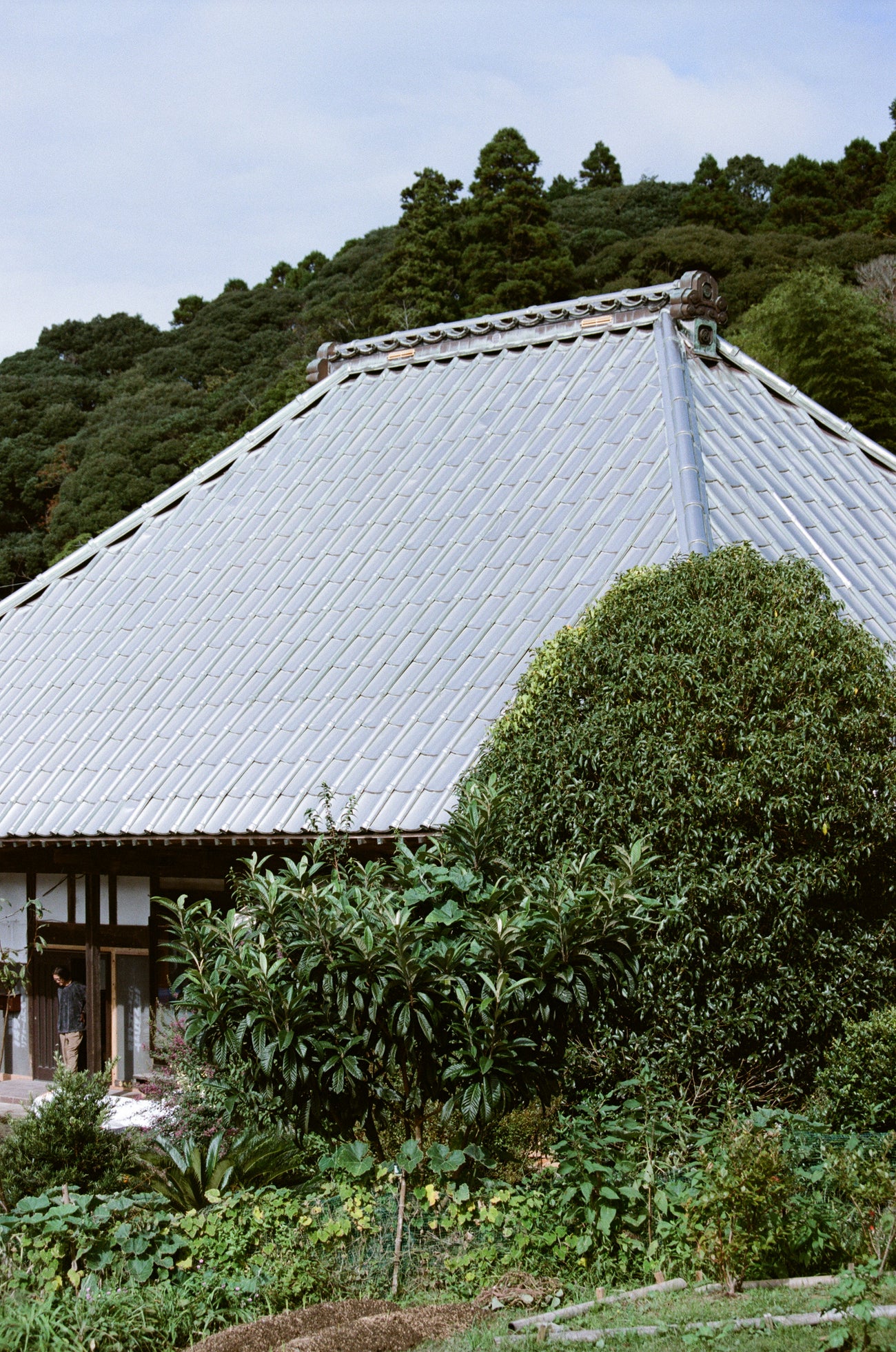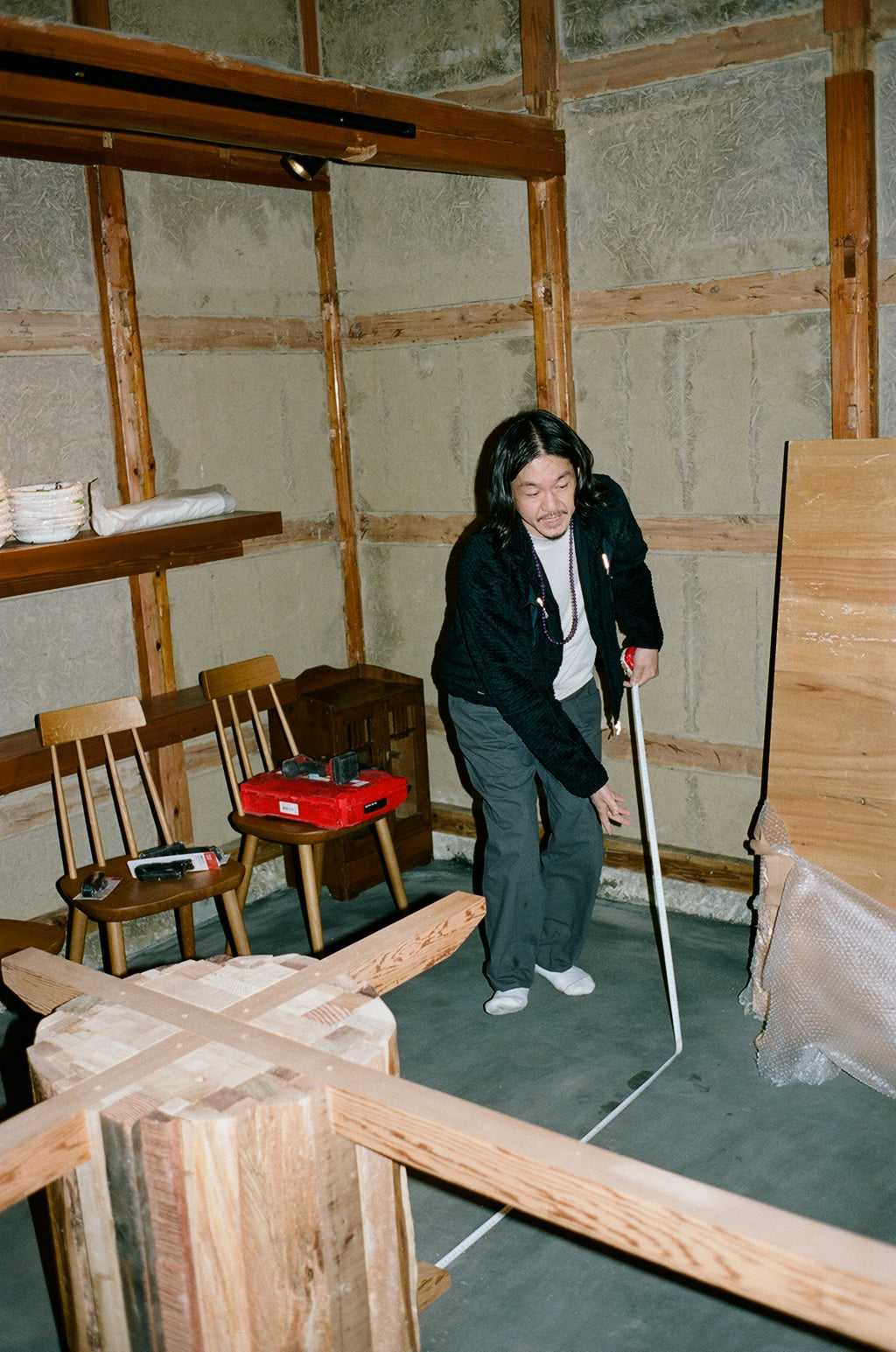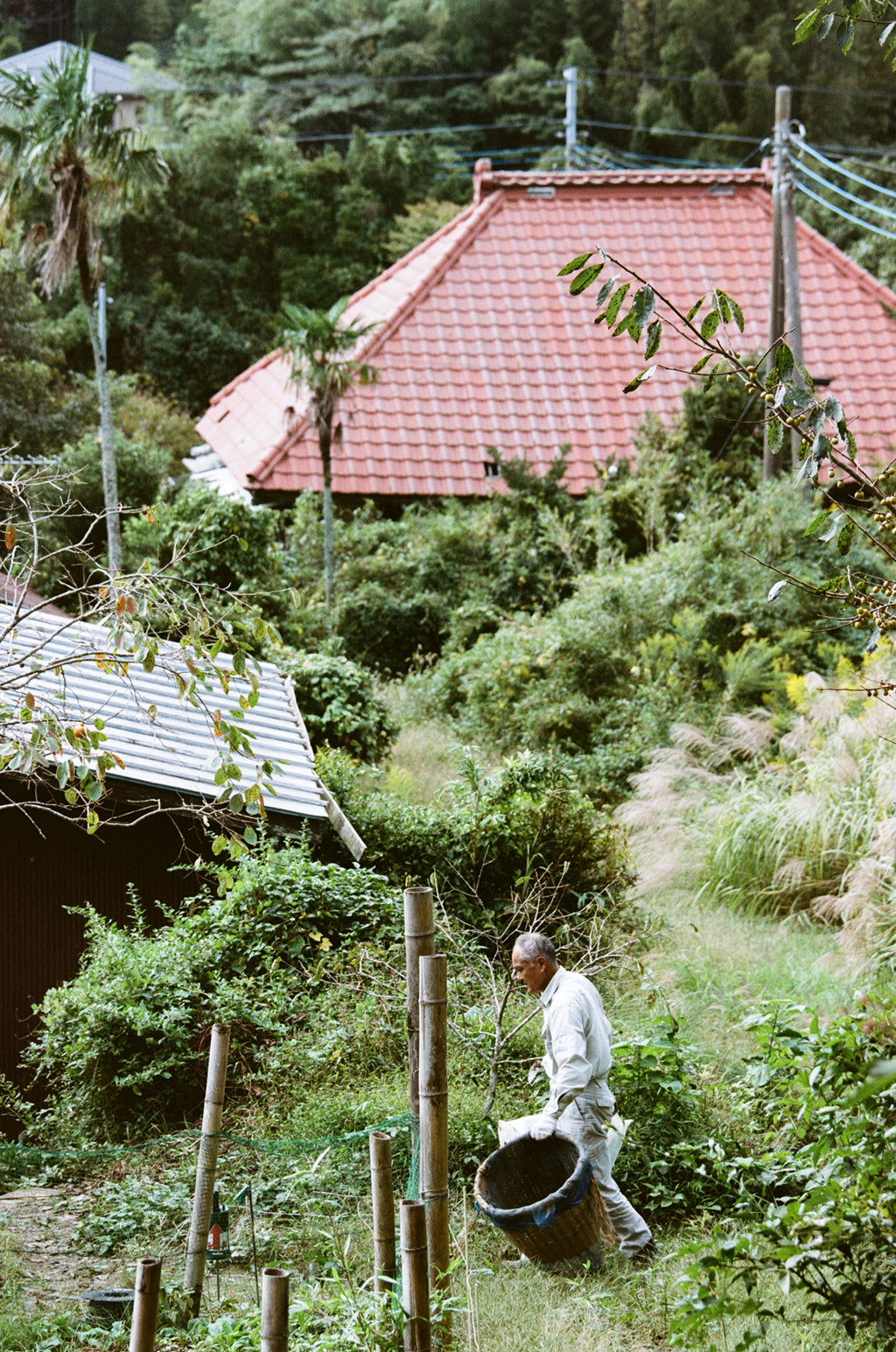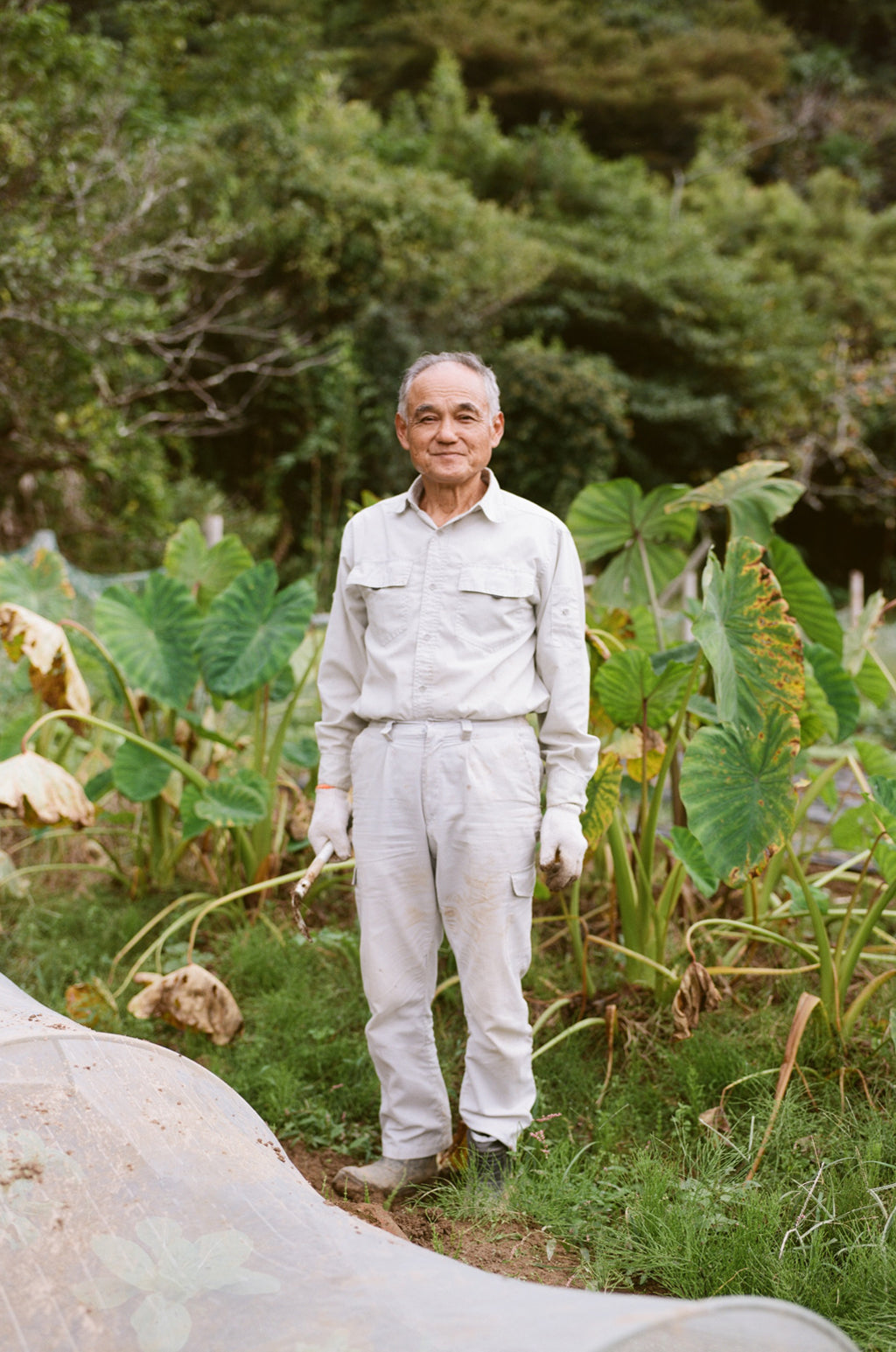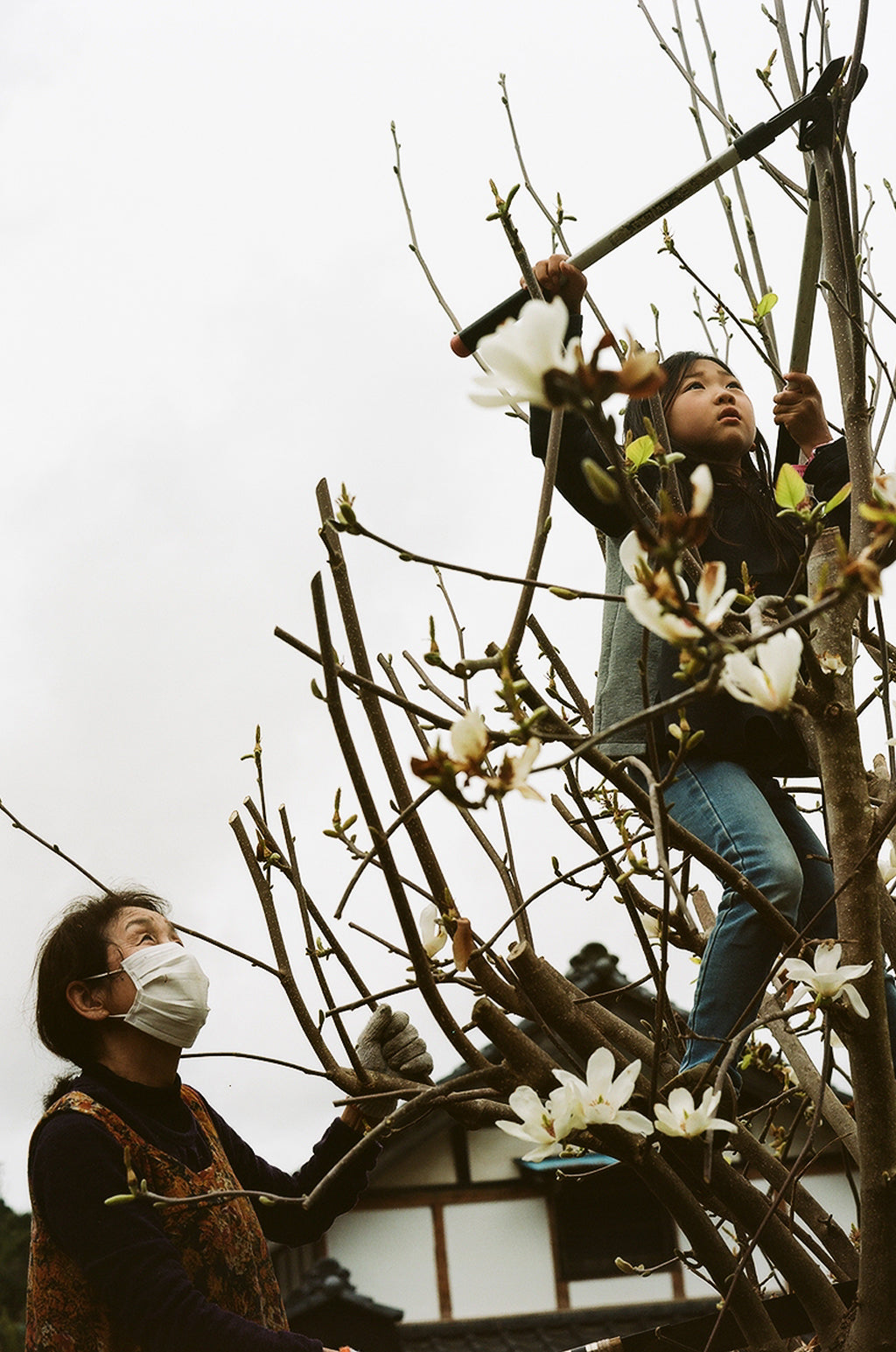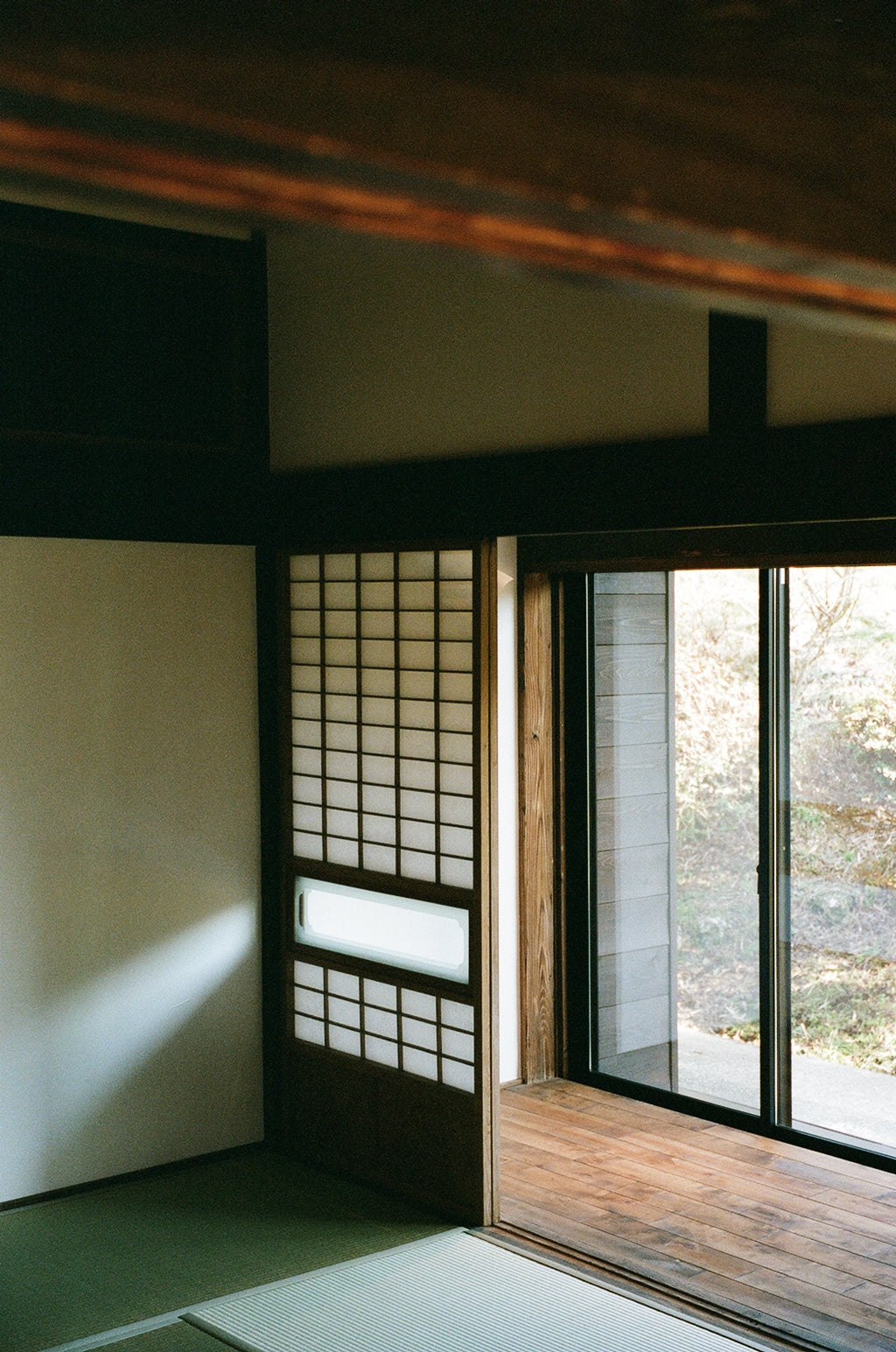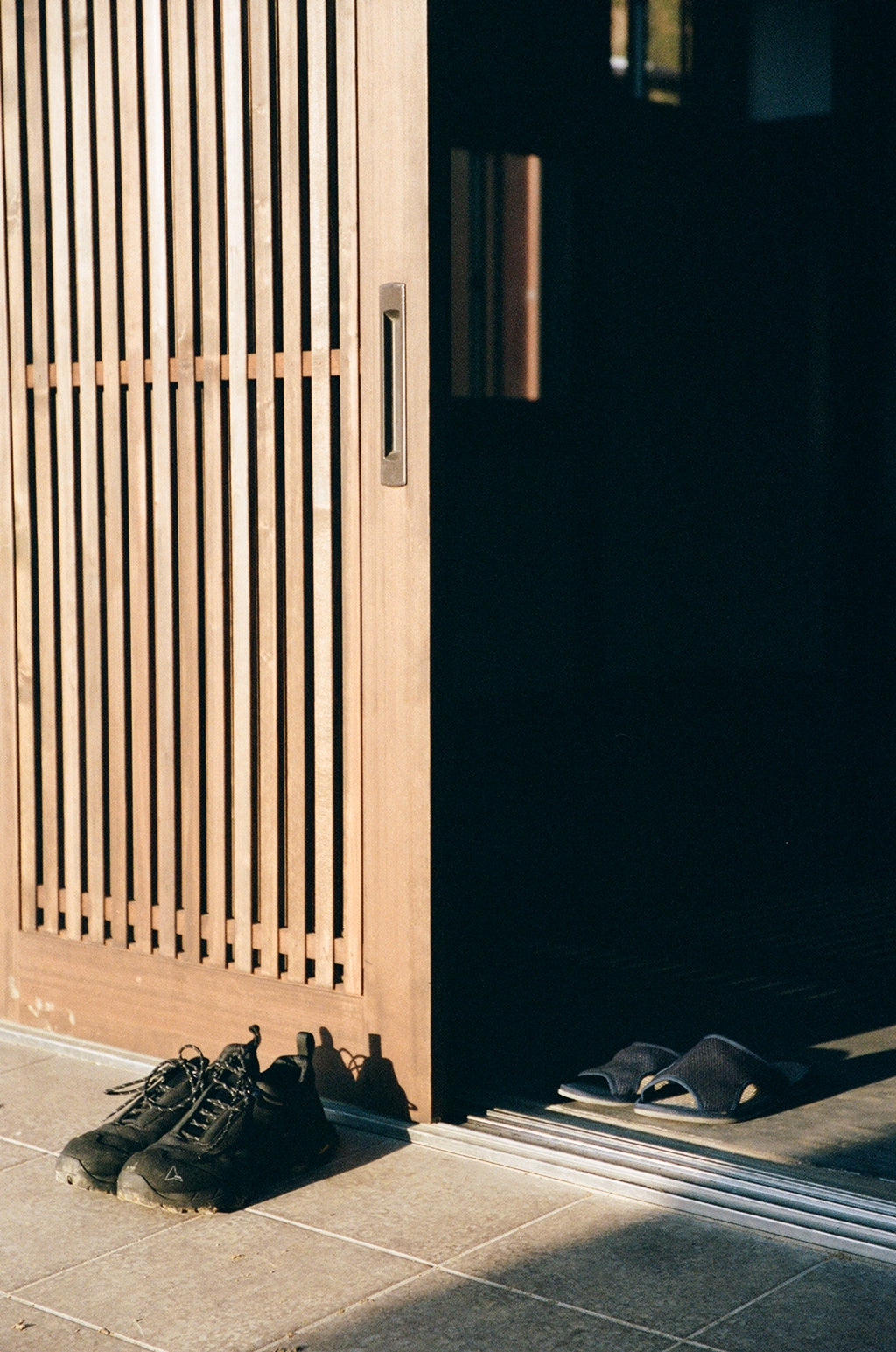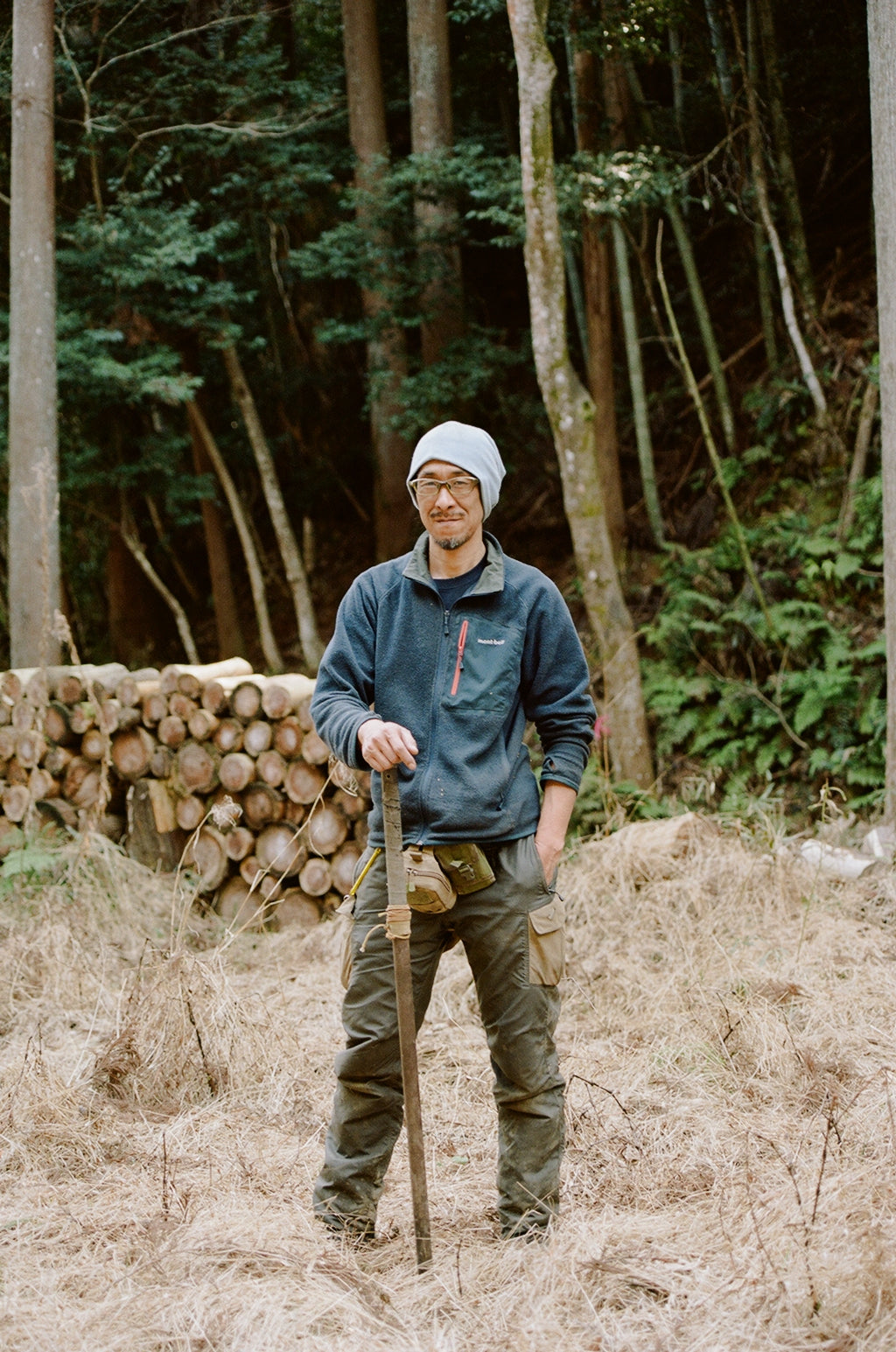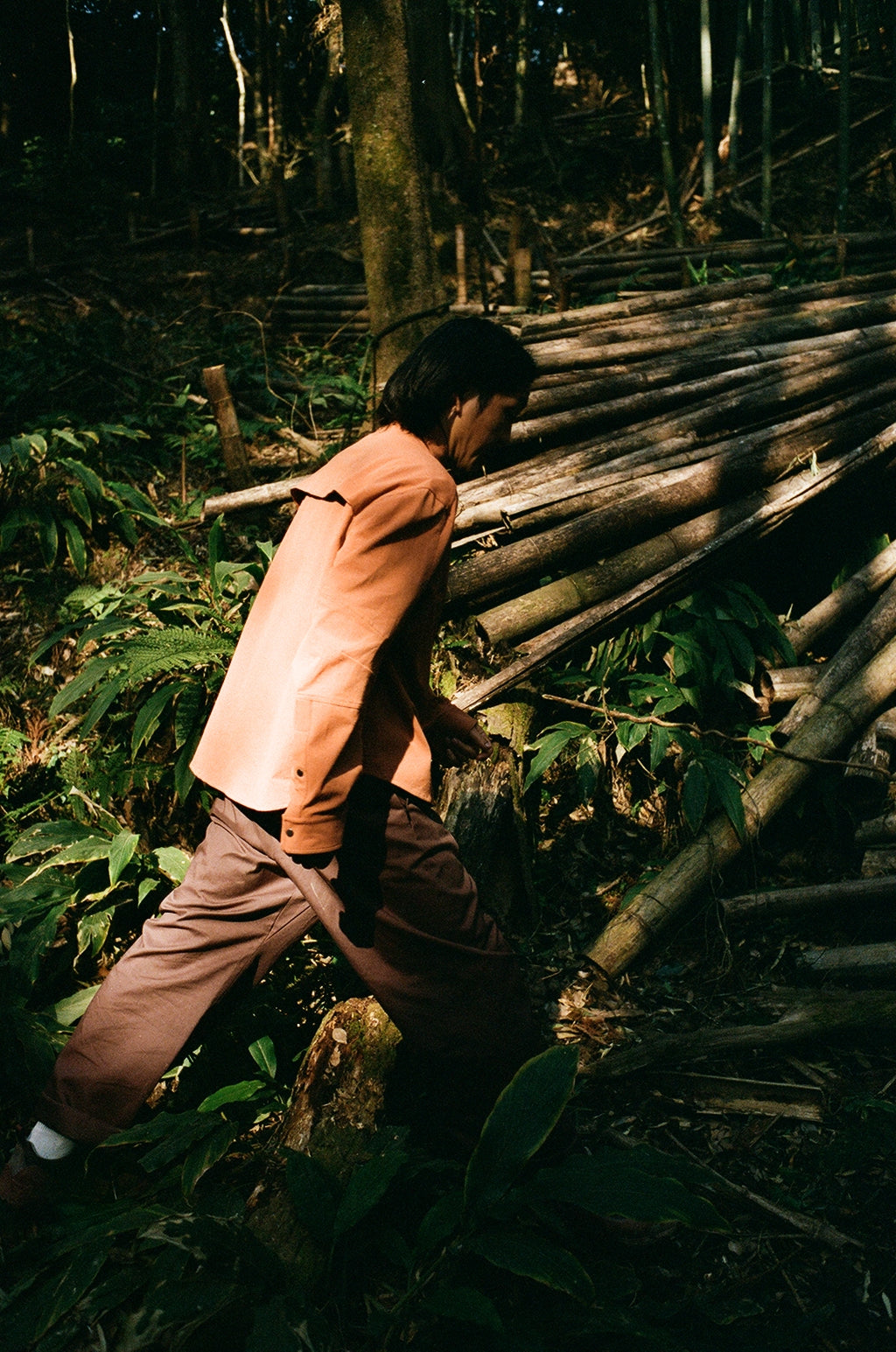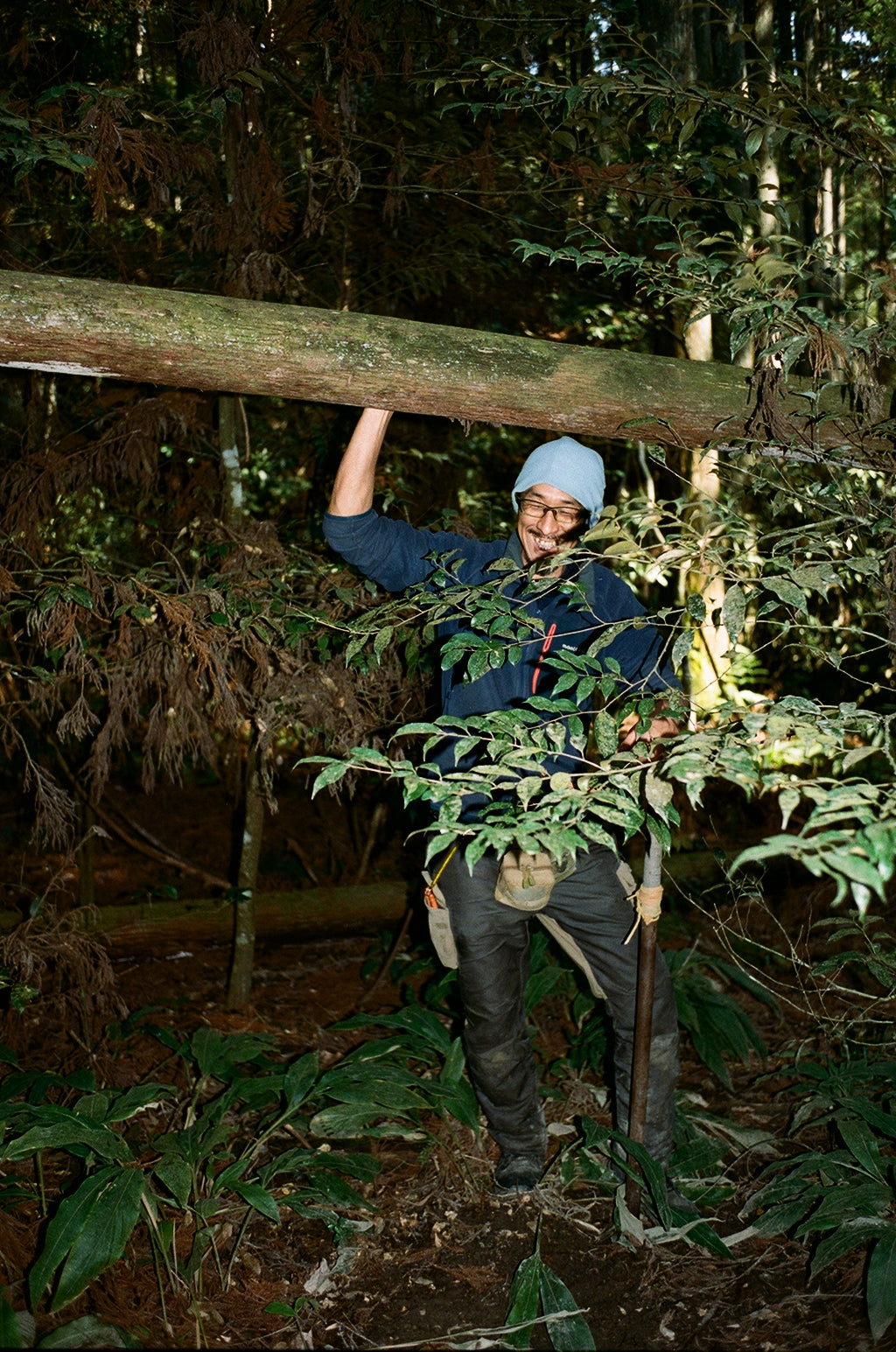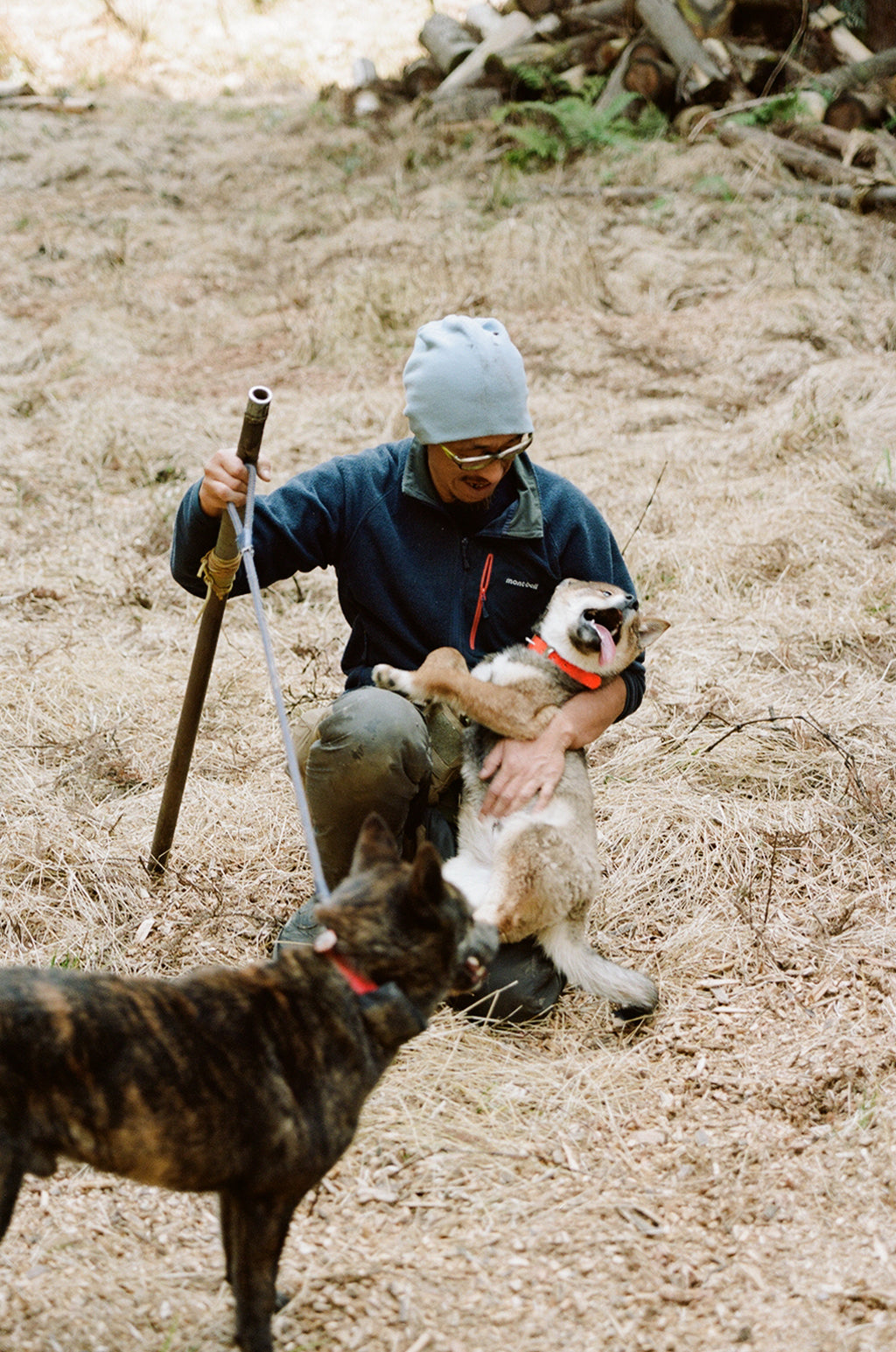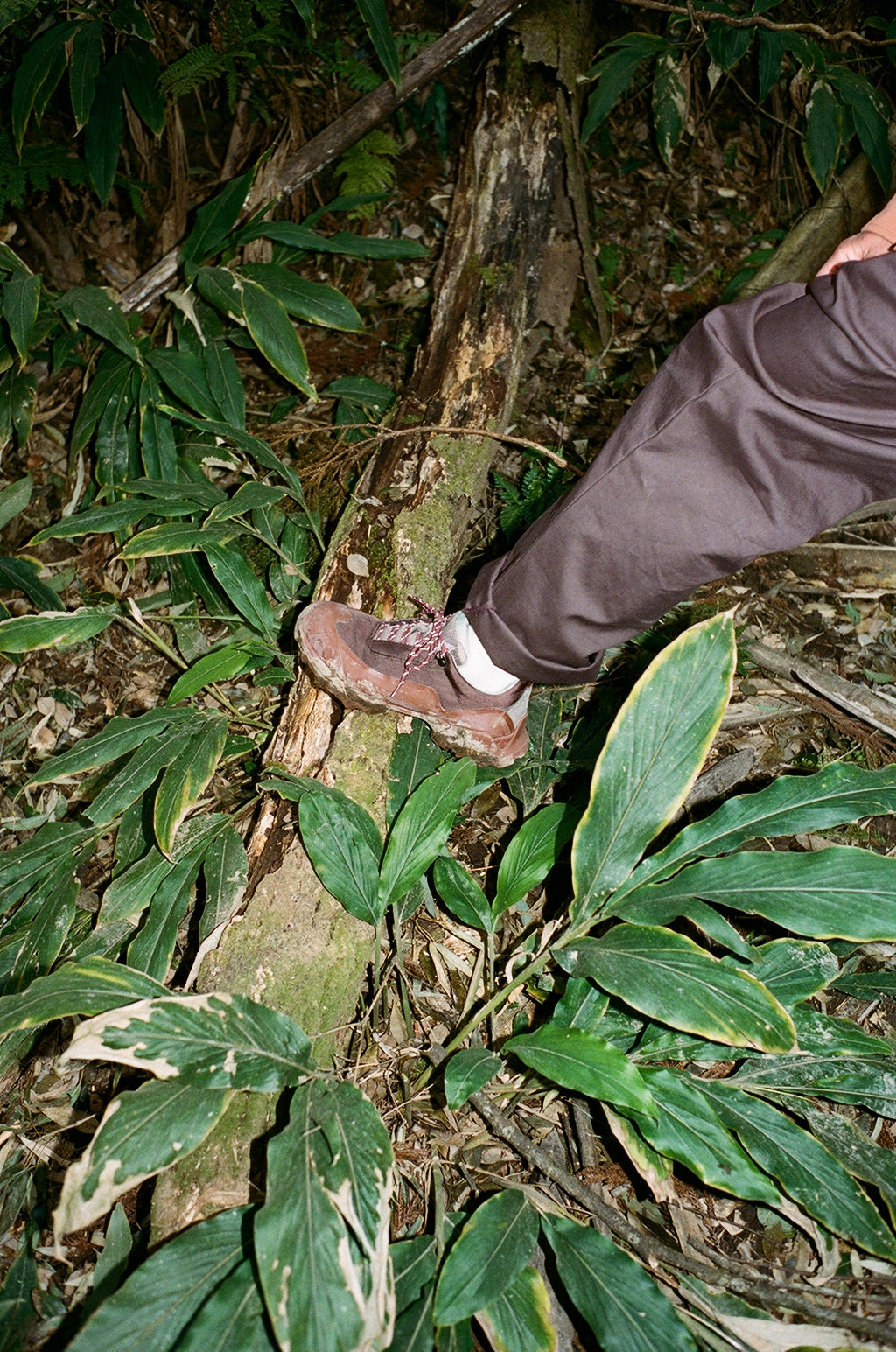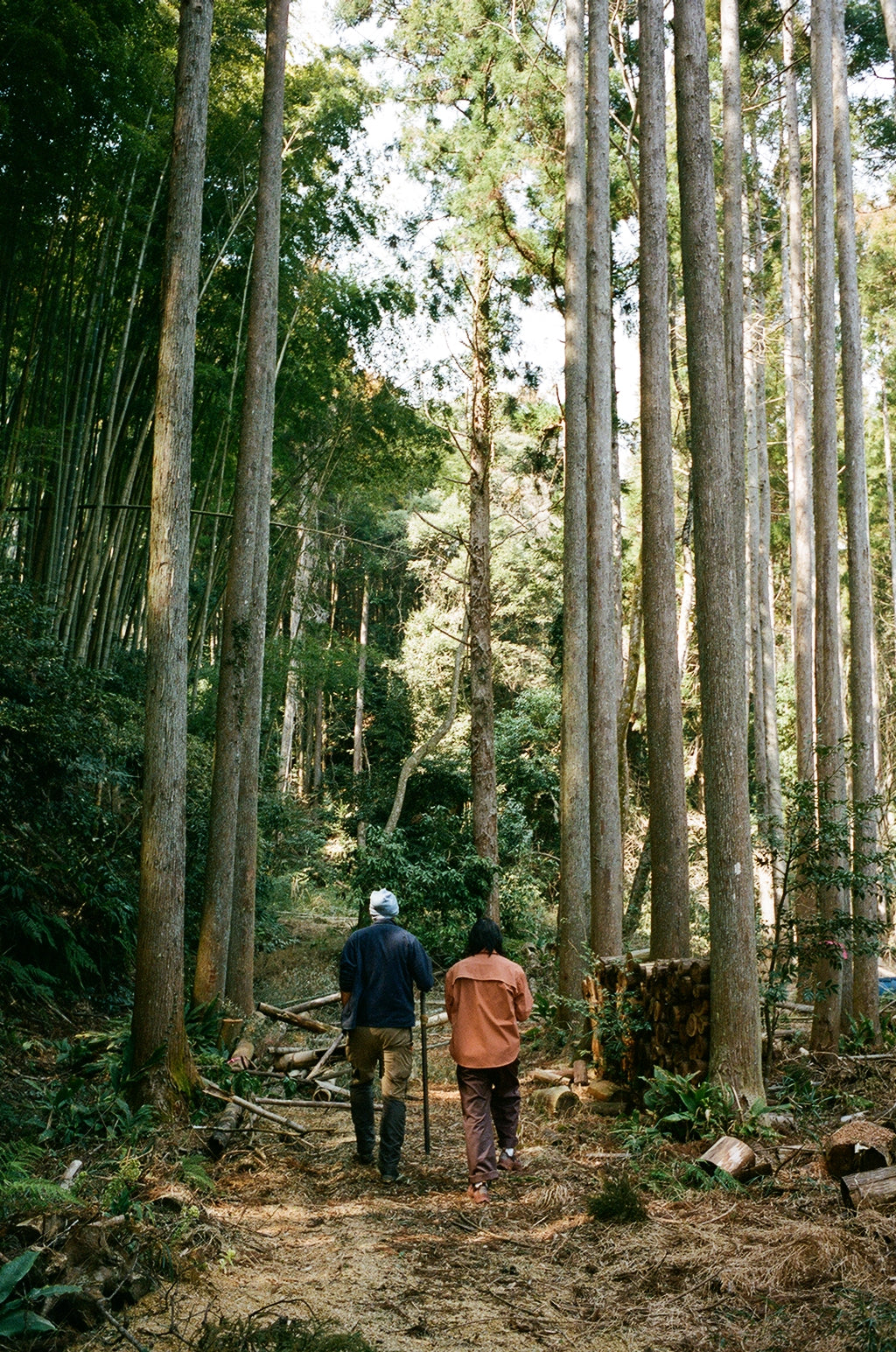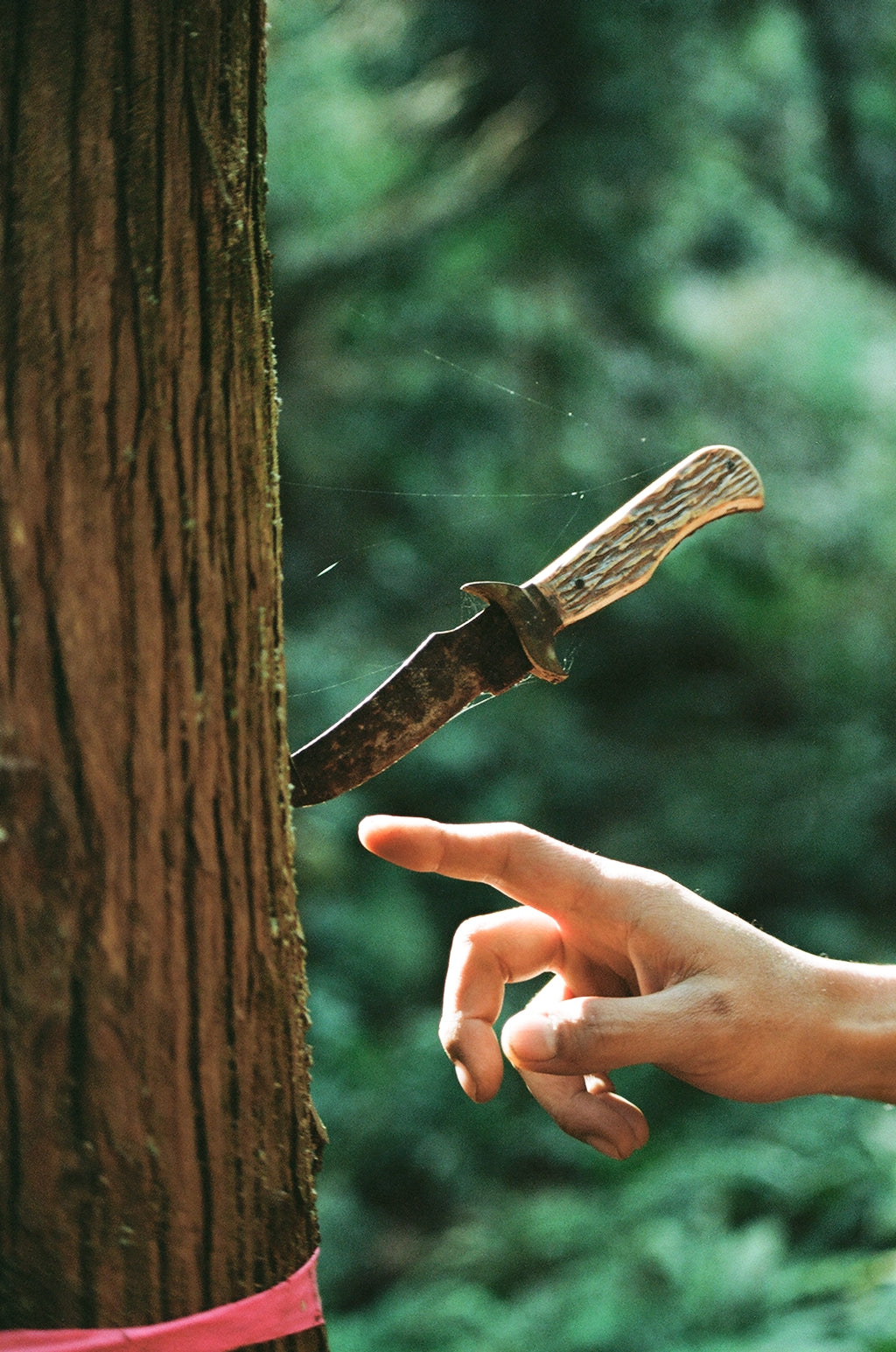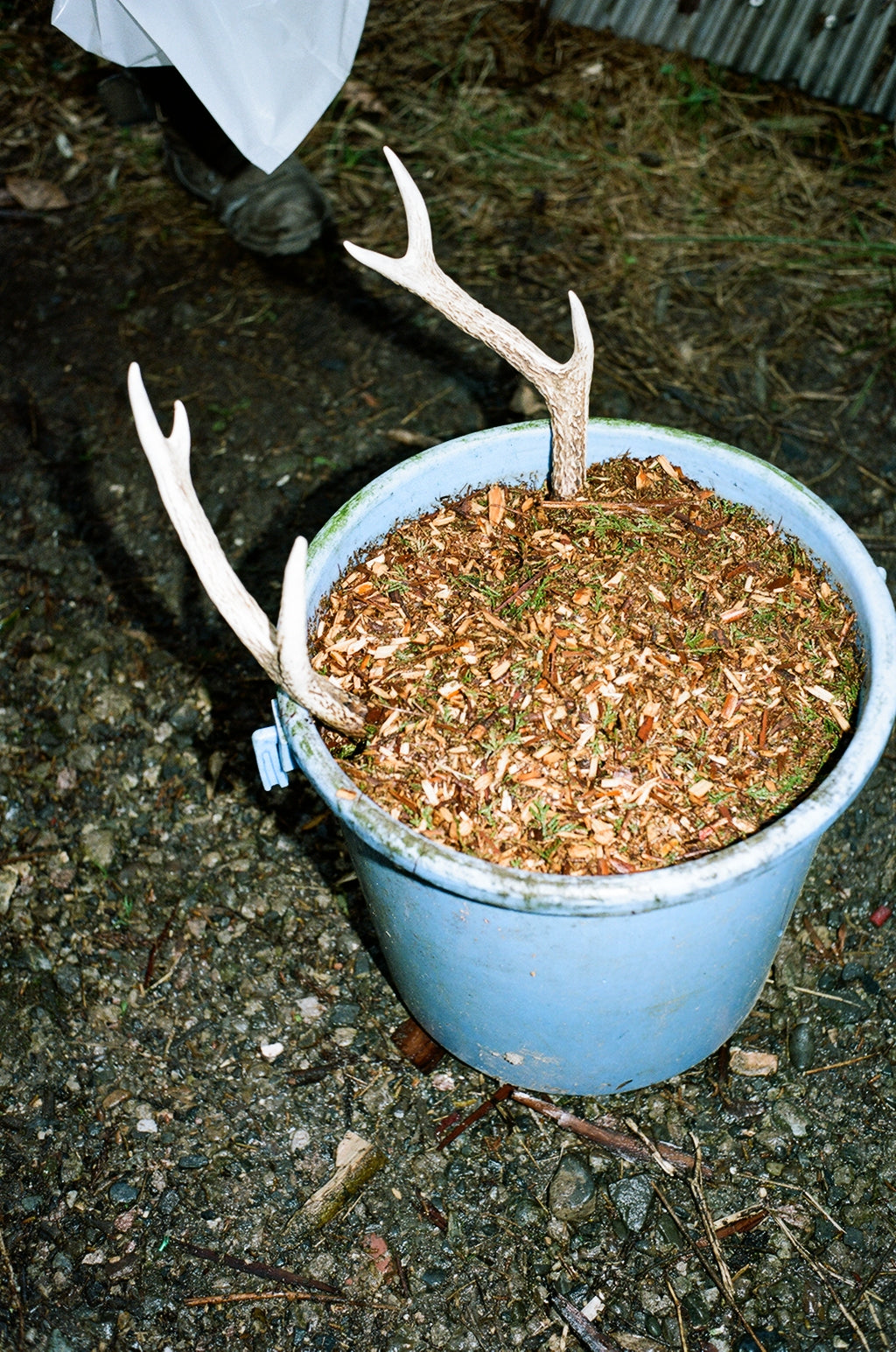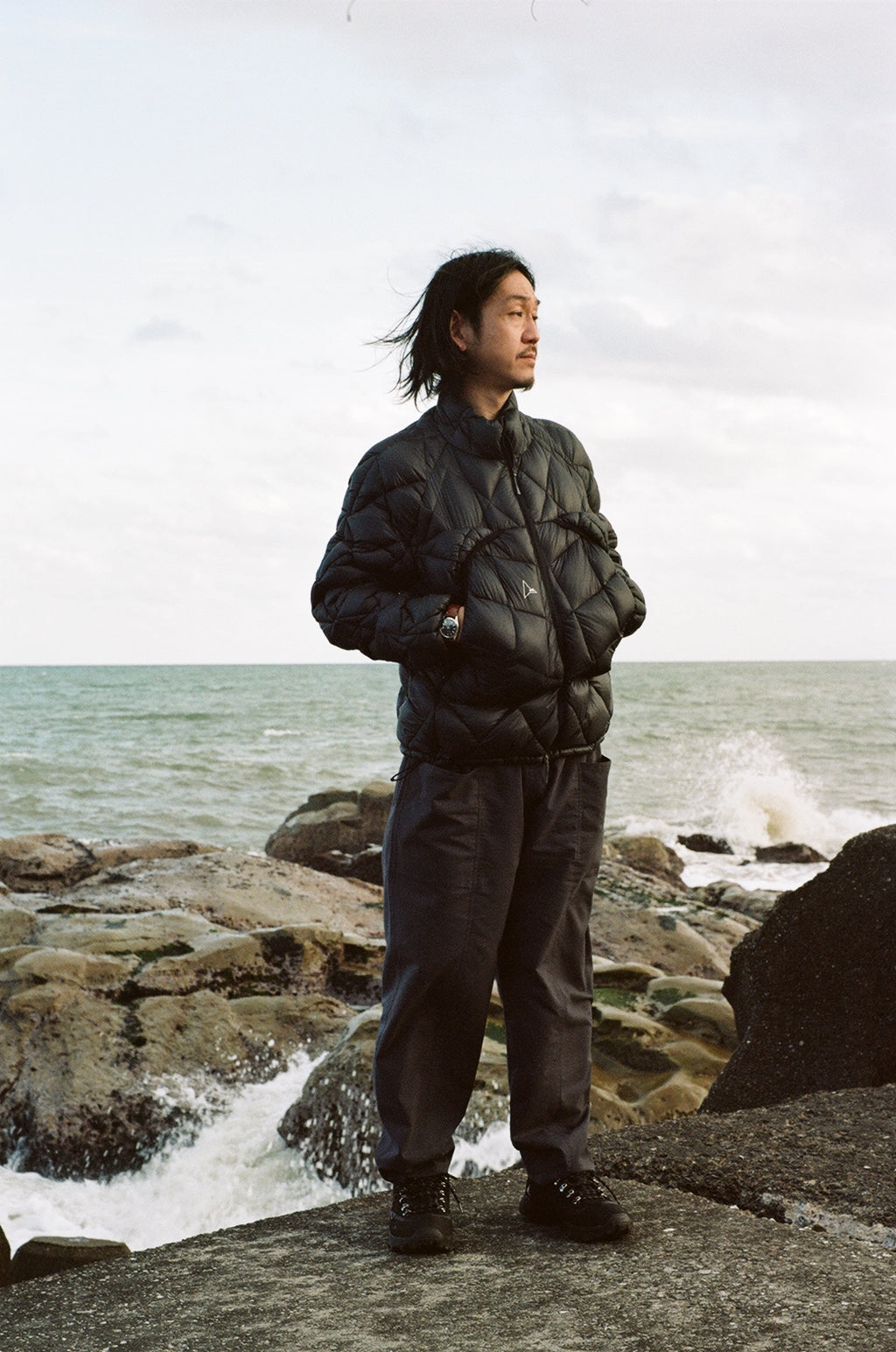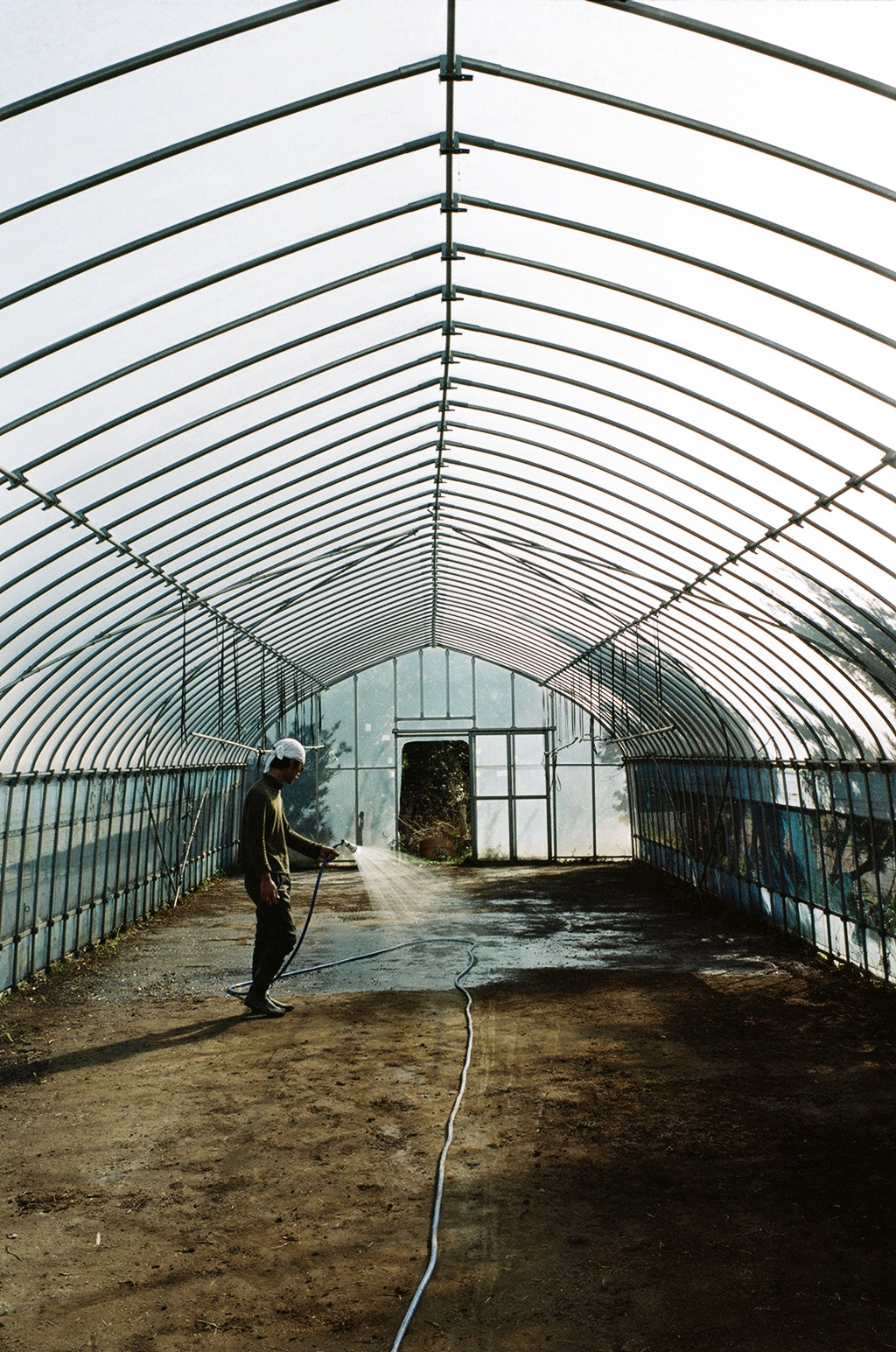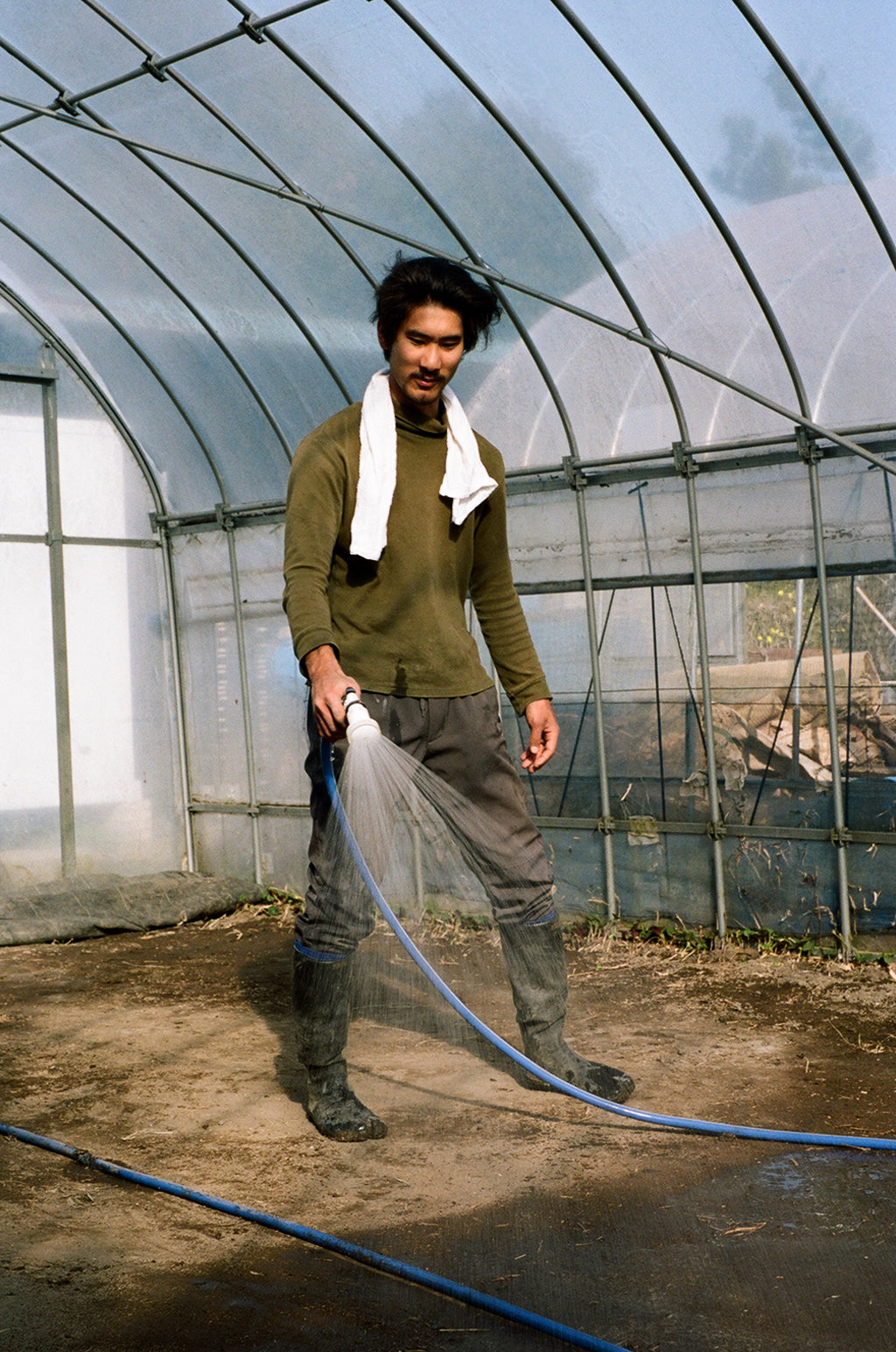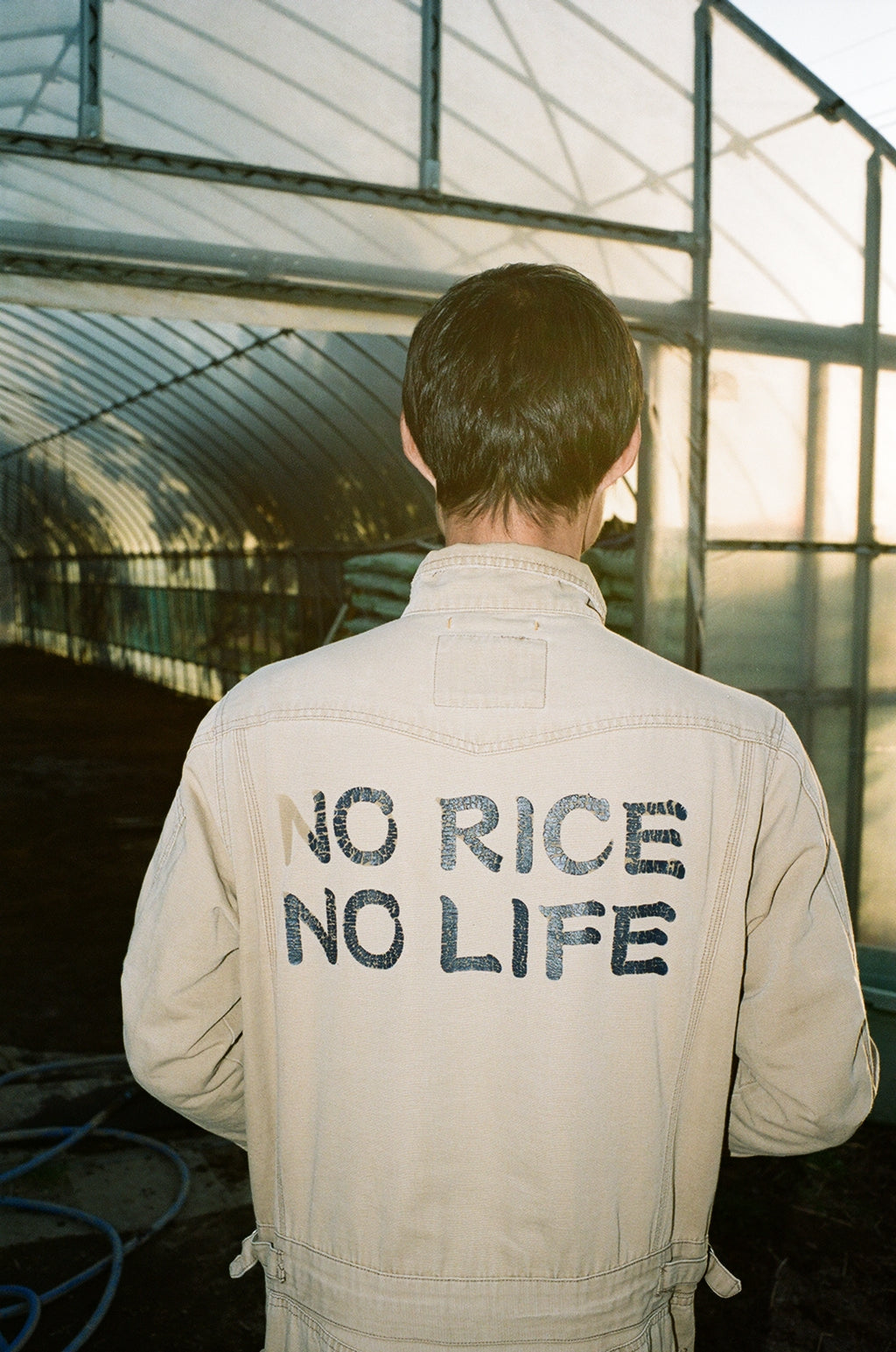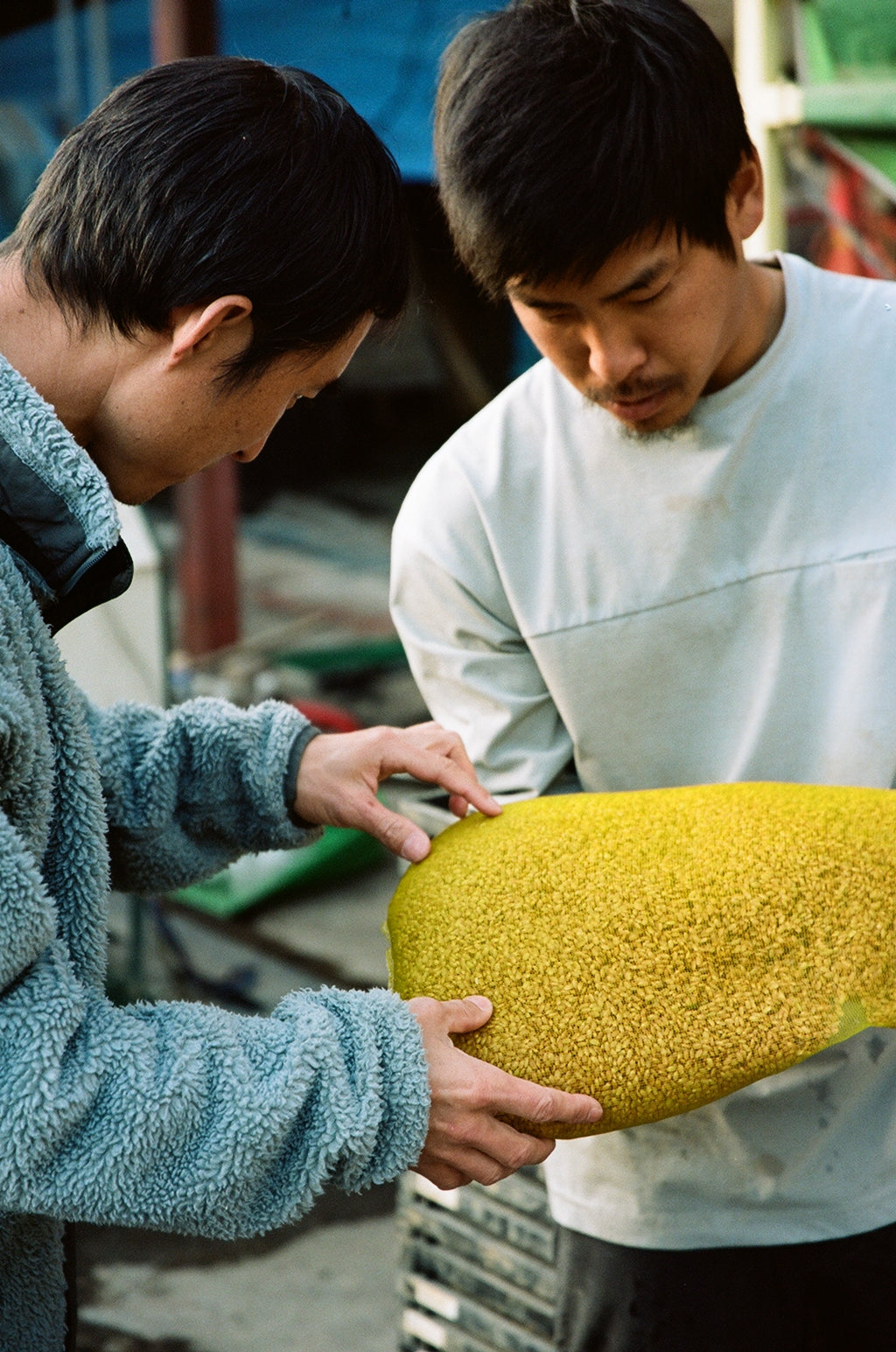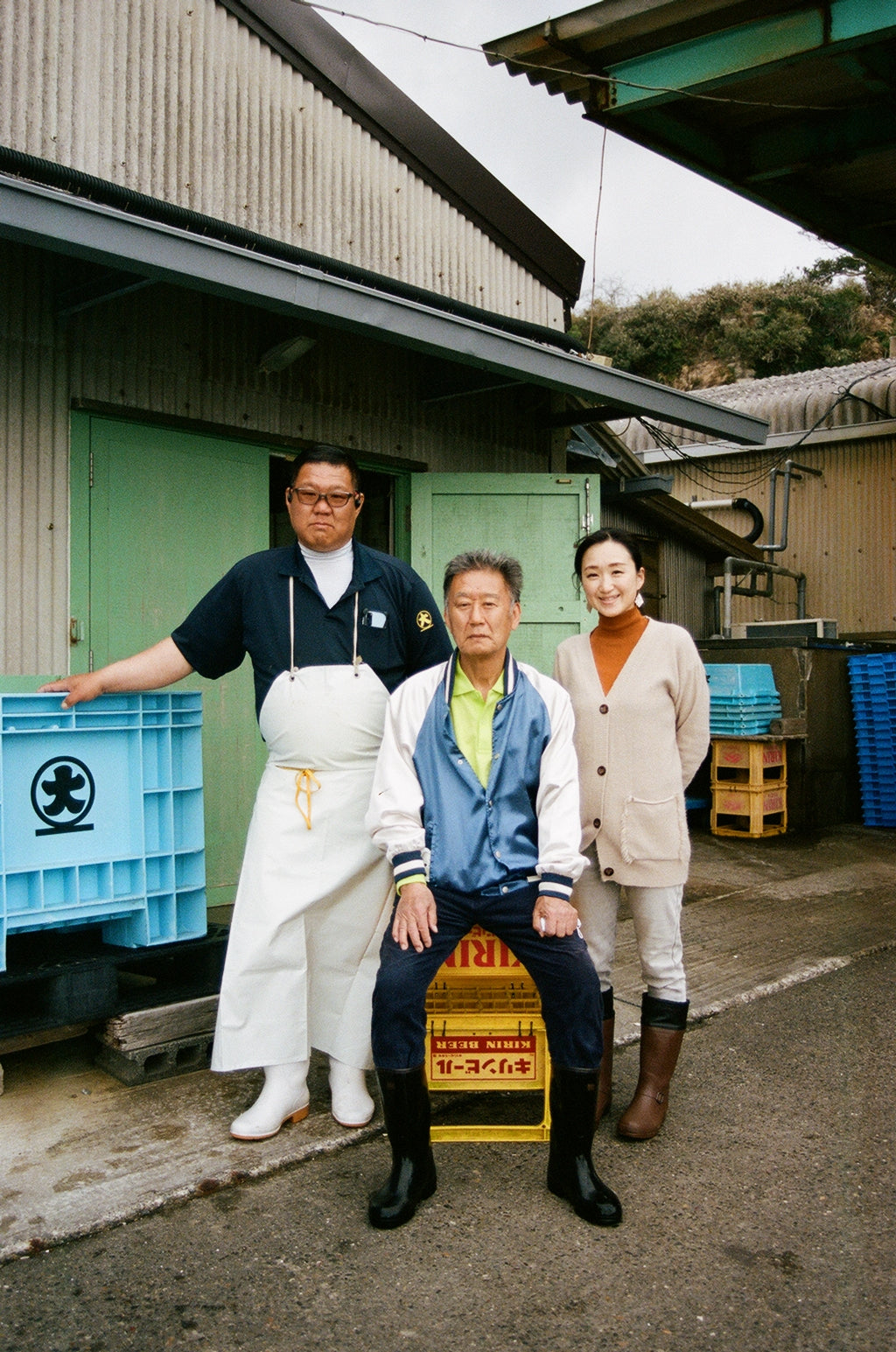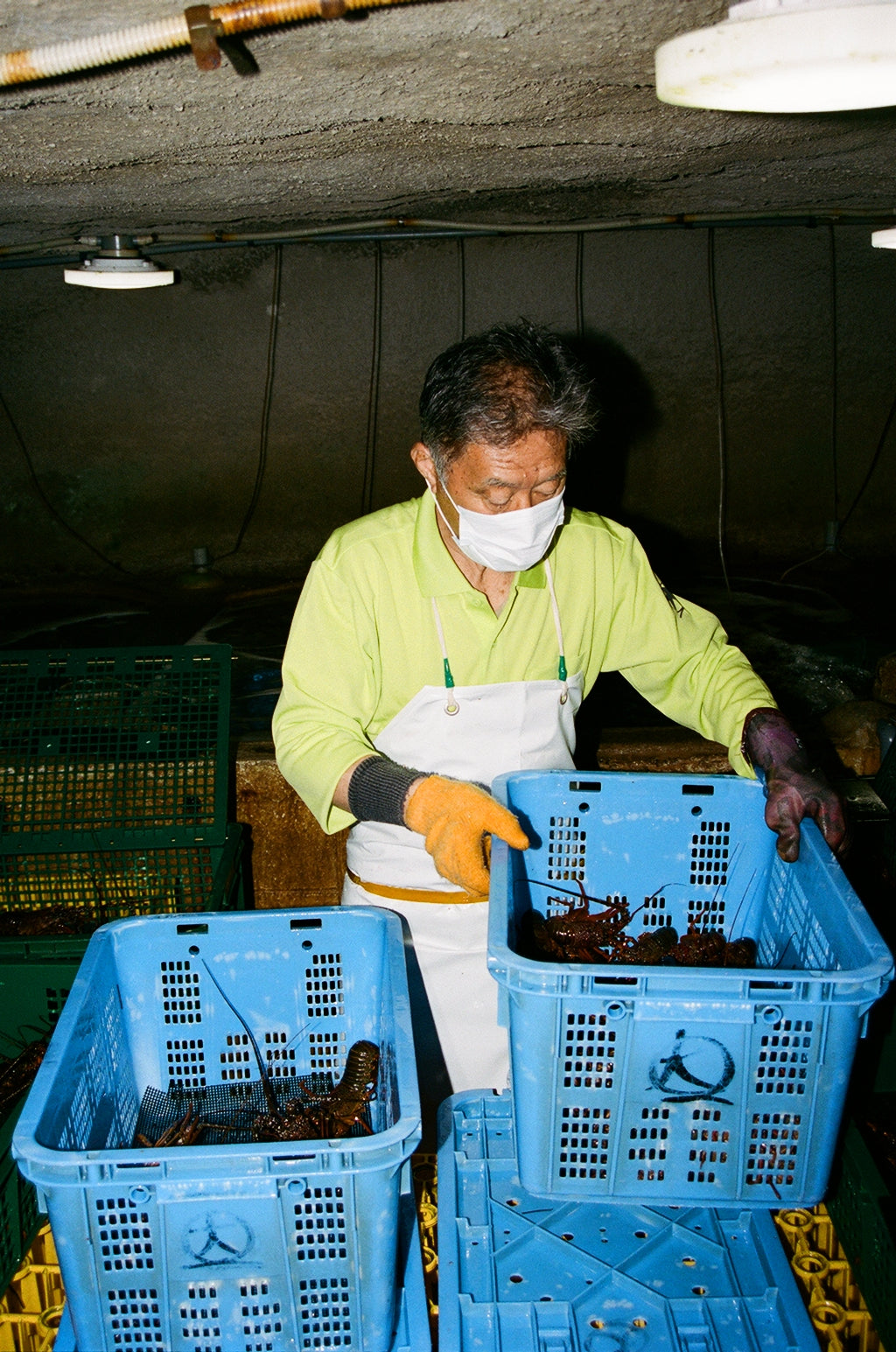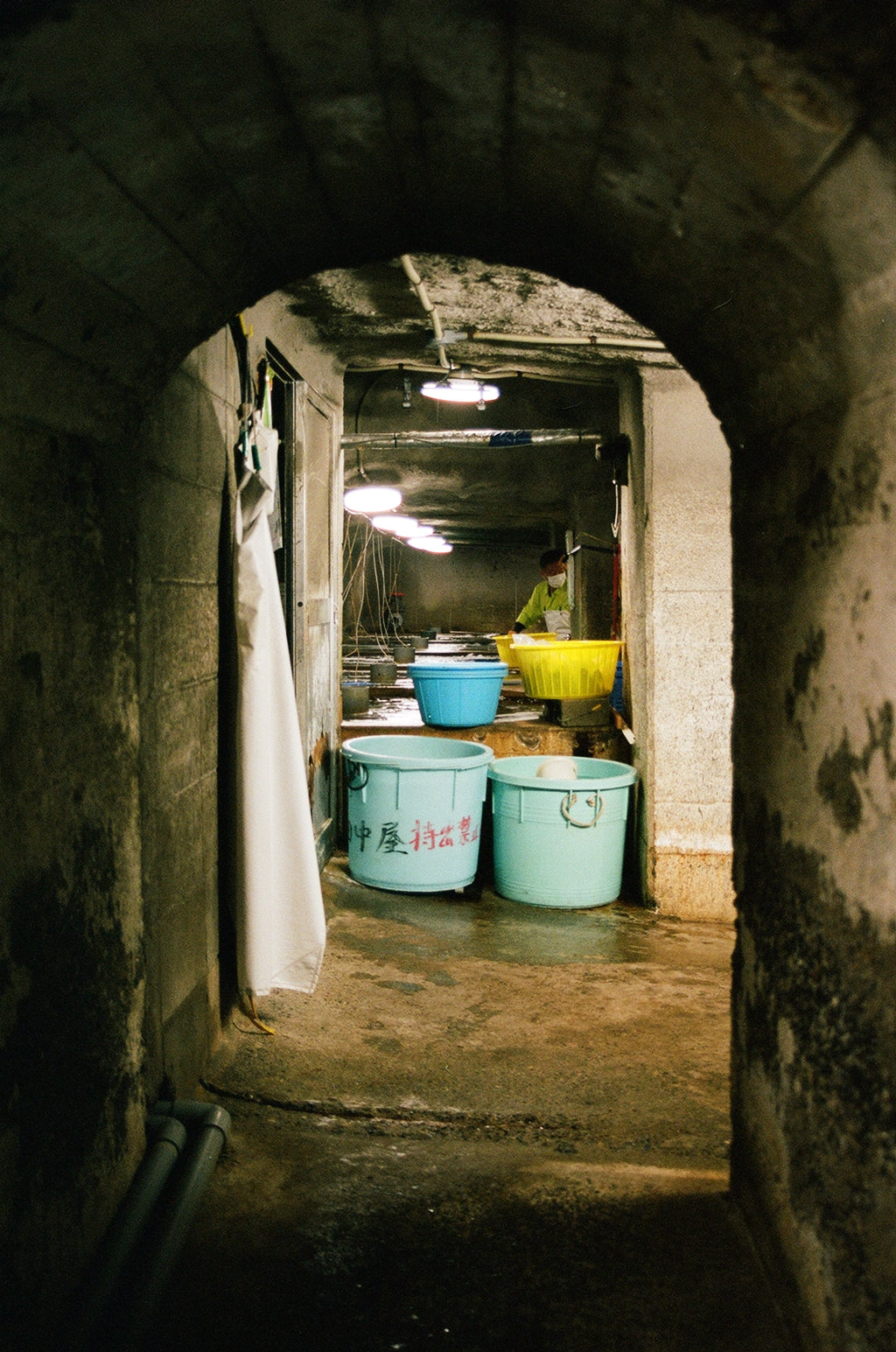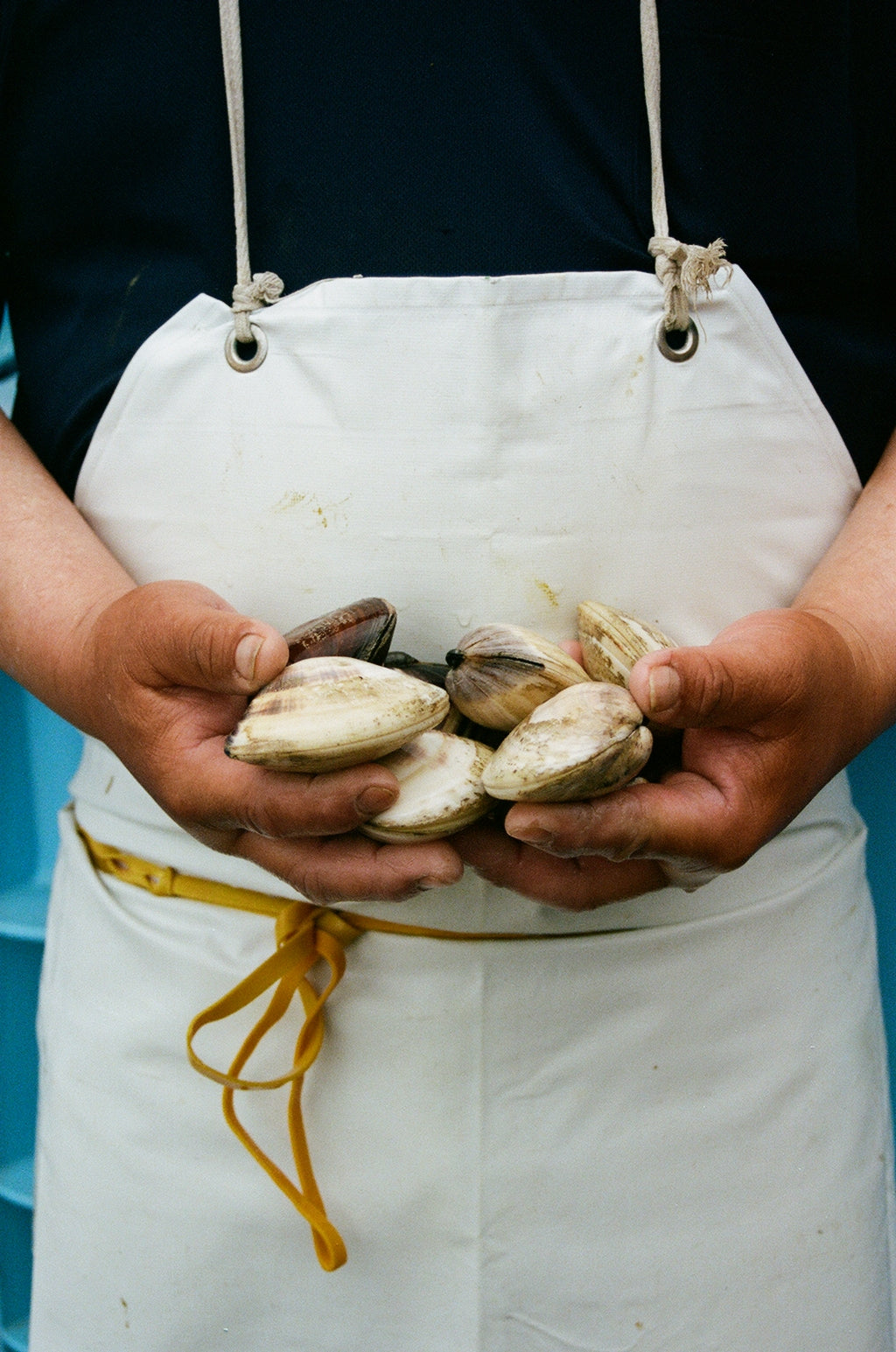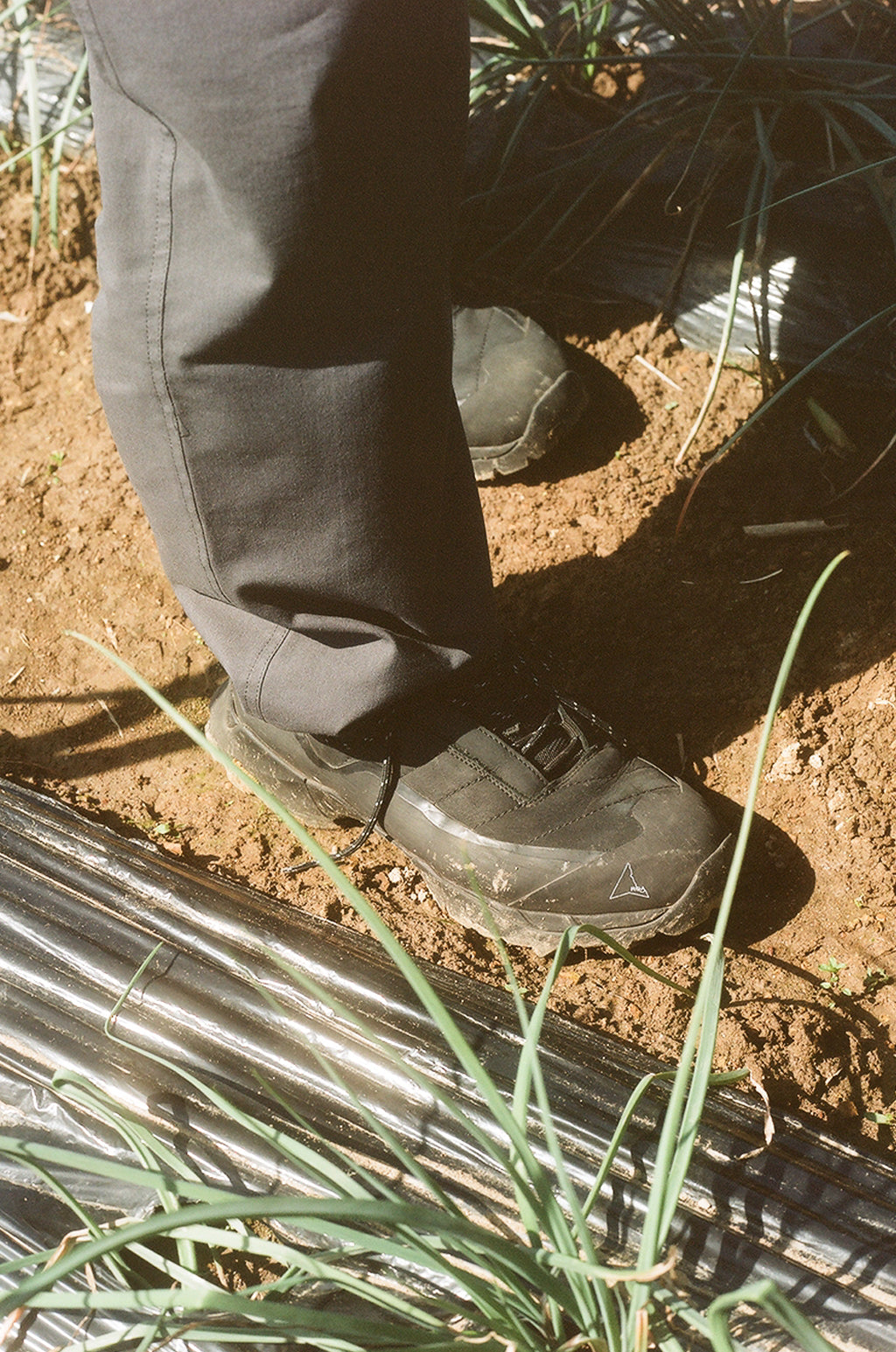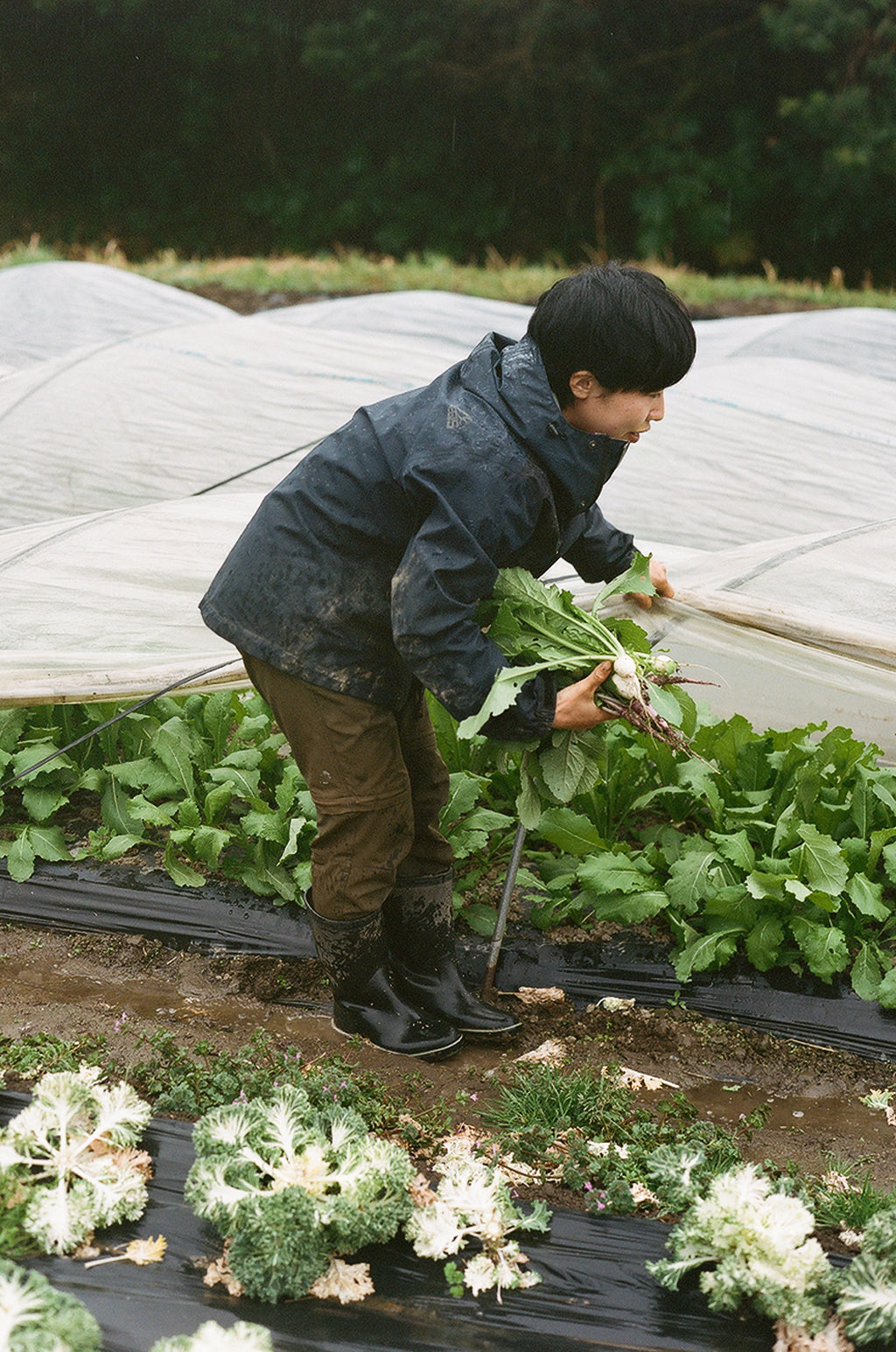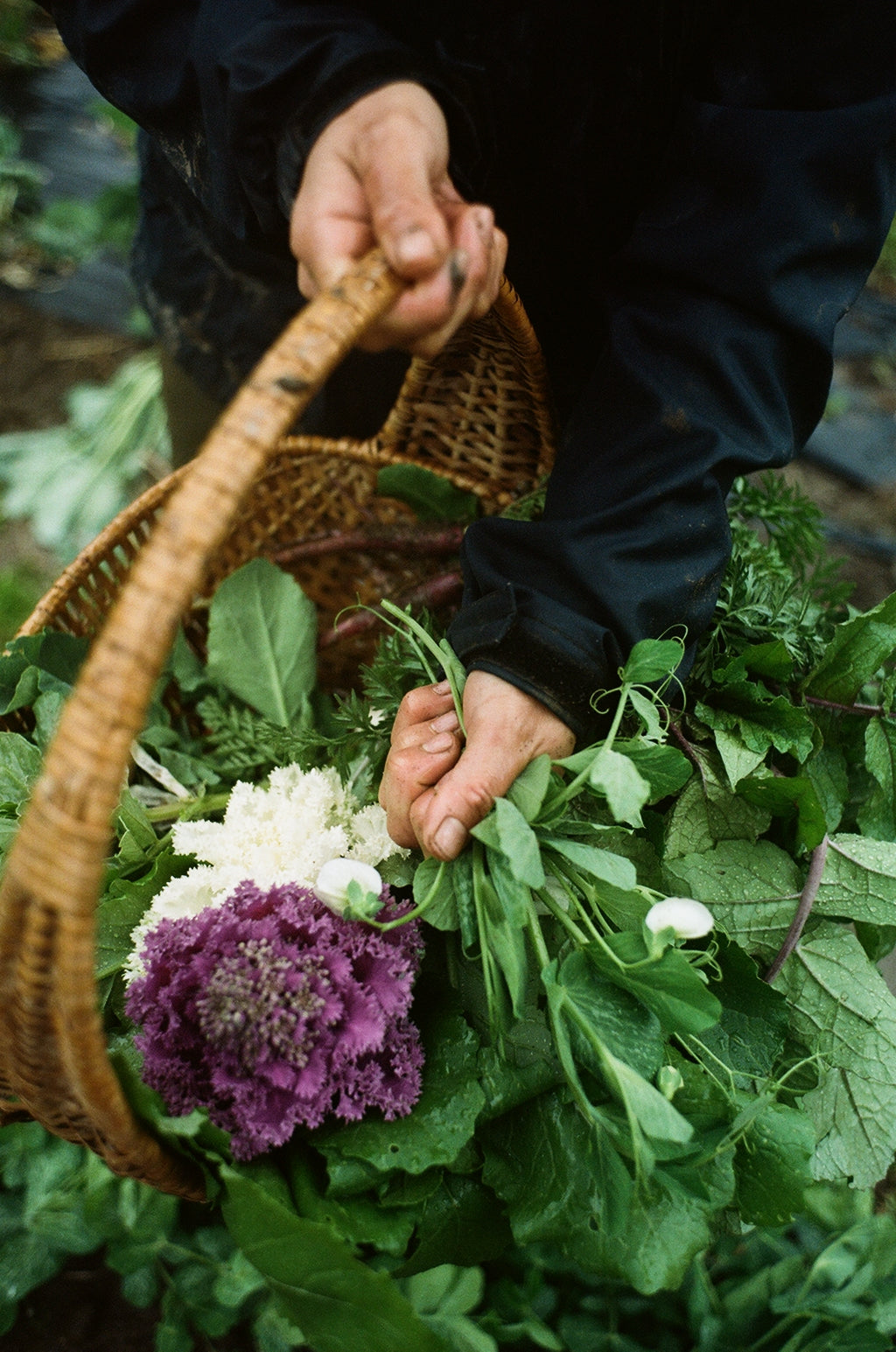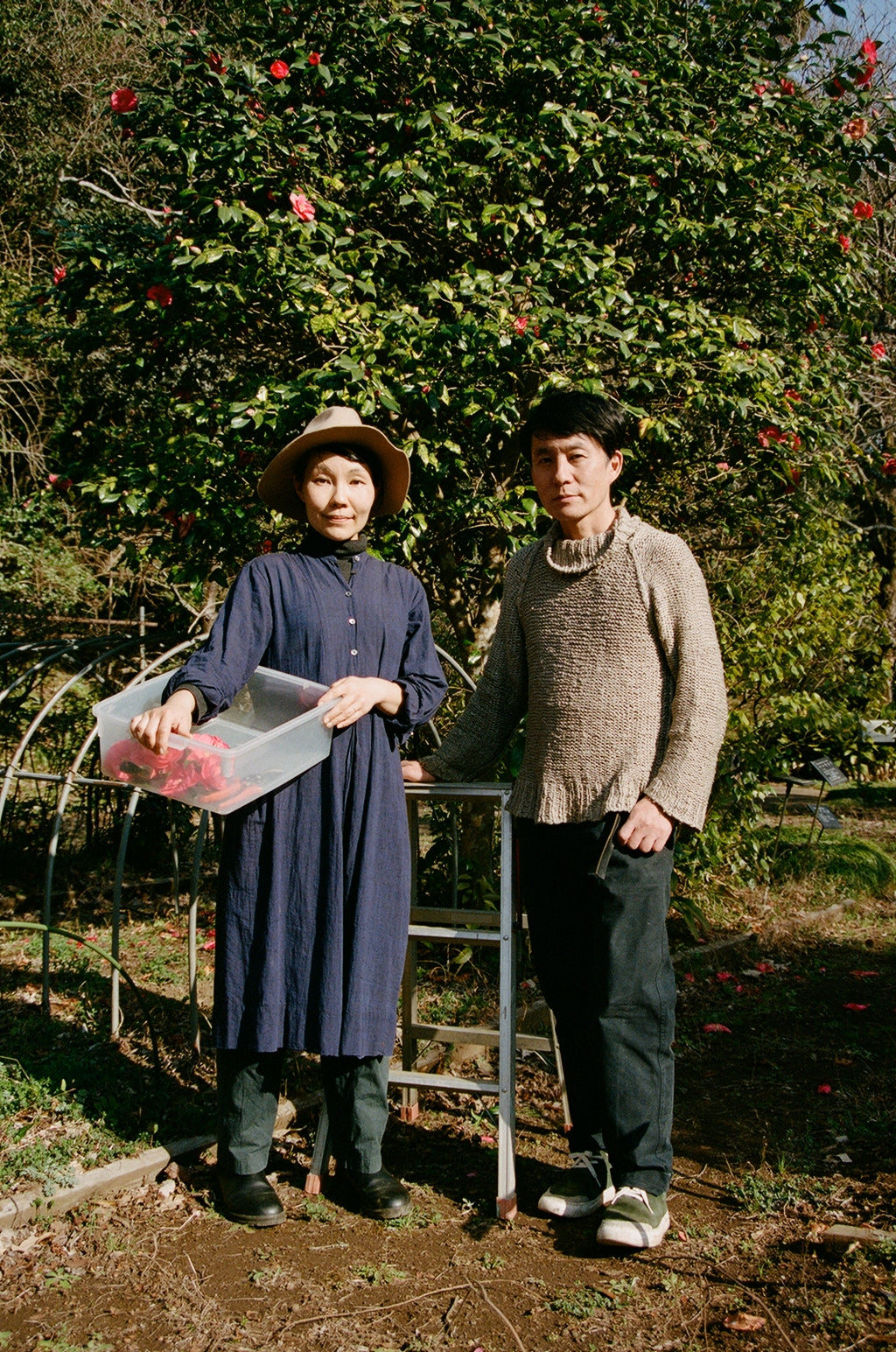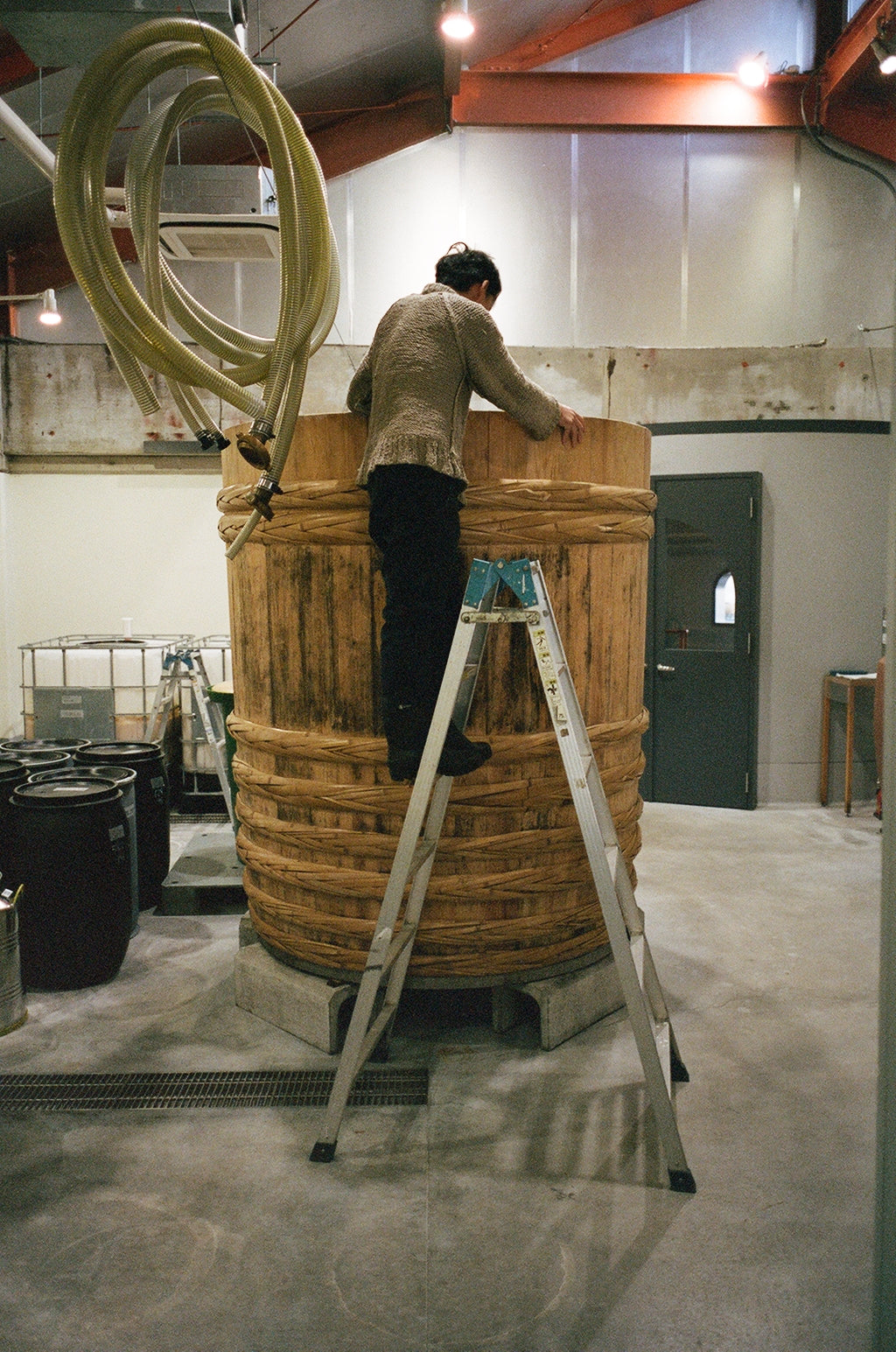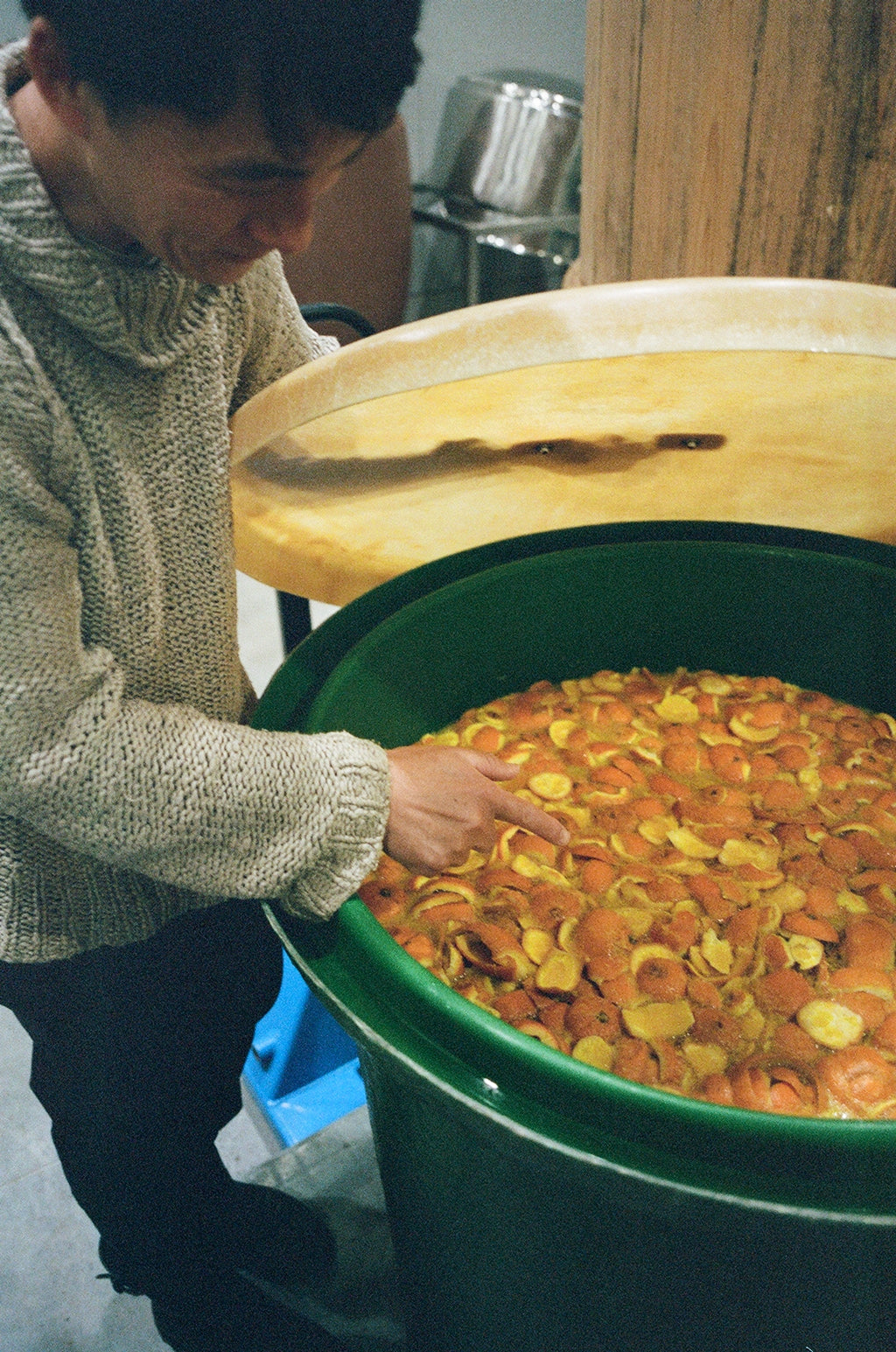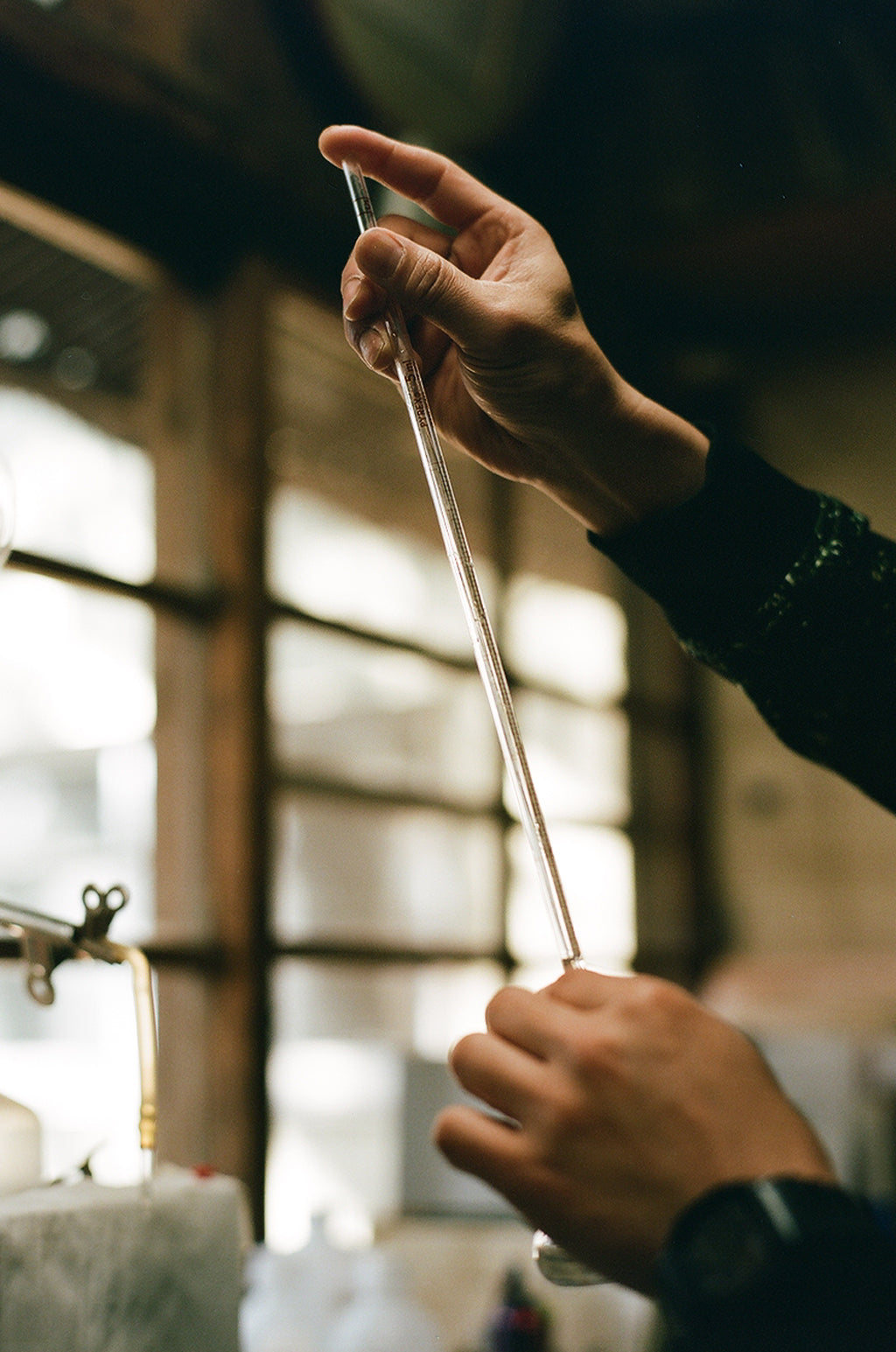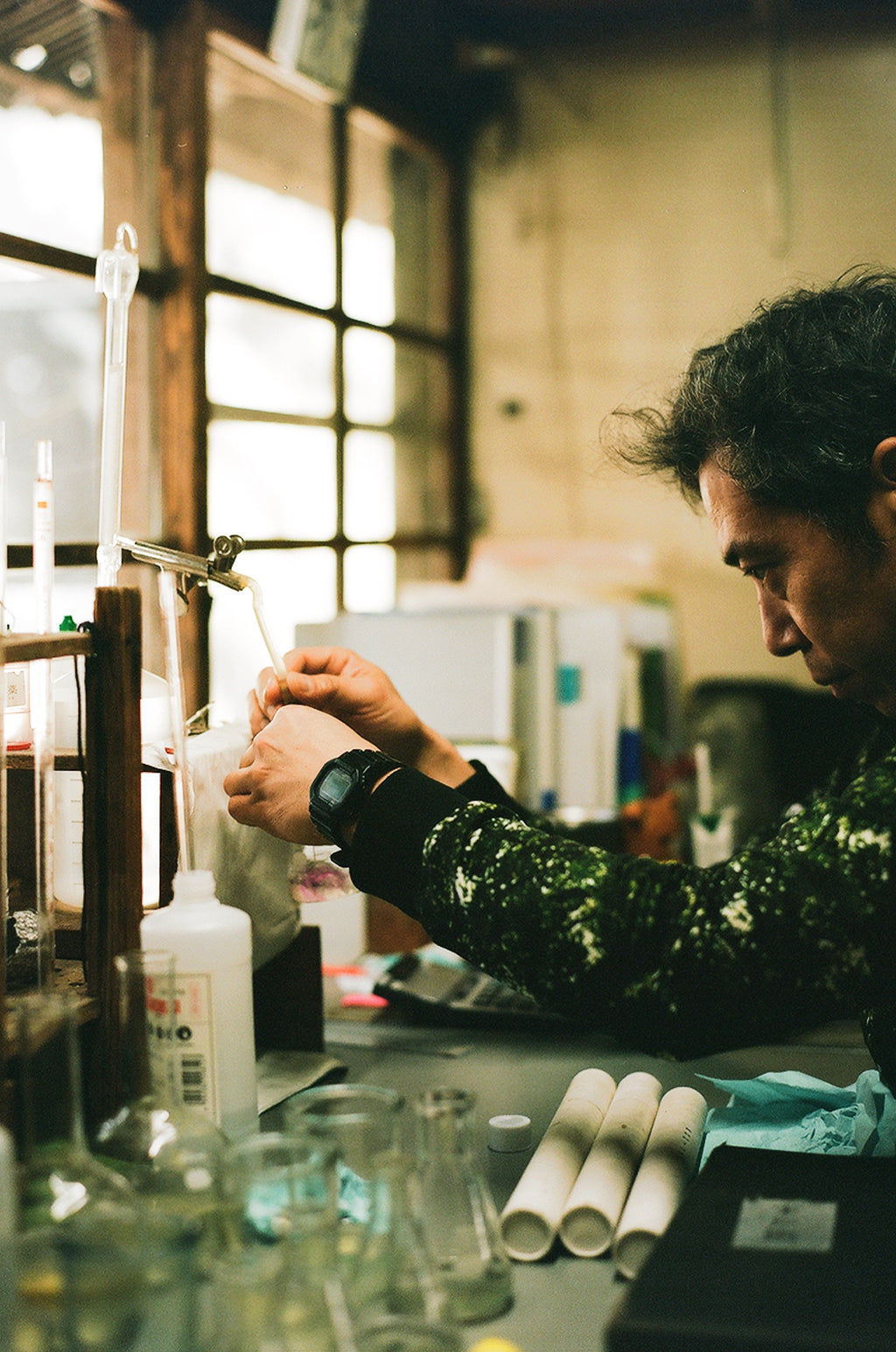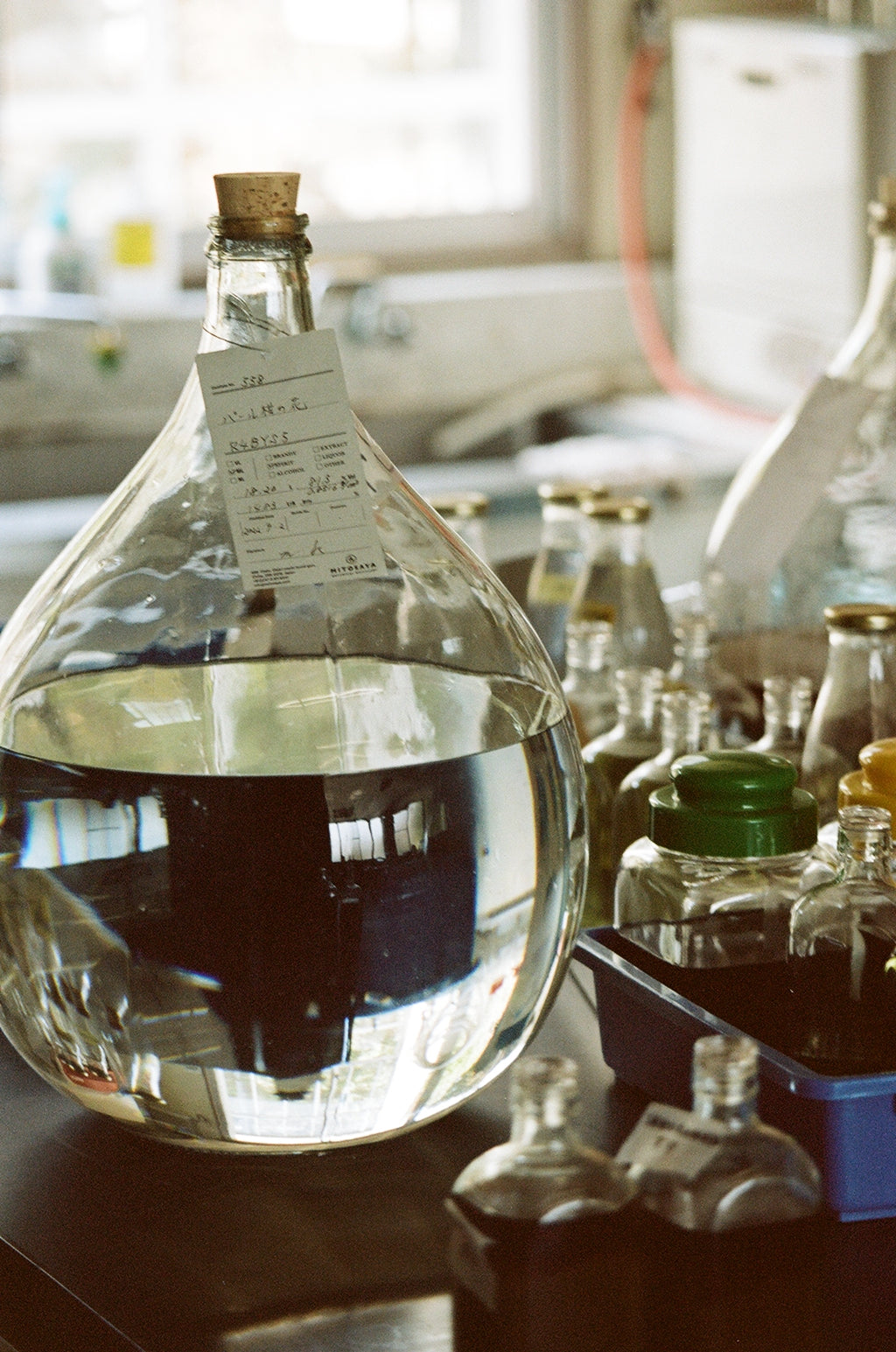Kishuann
Tomohito Kaji’s auberge in Isumi.
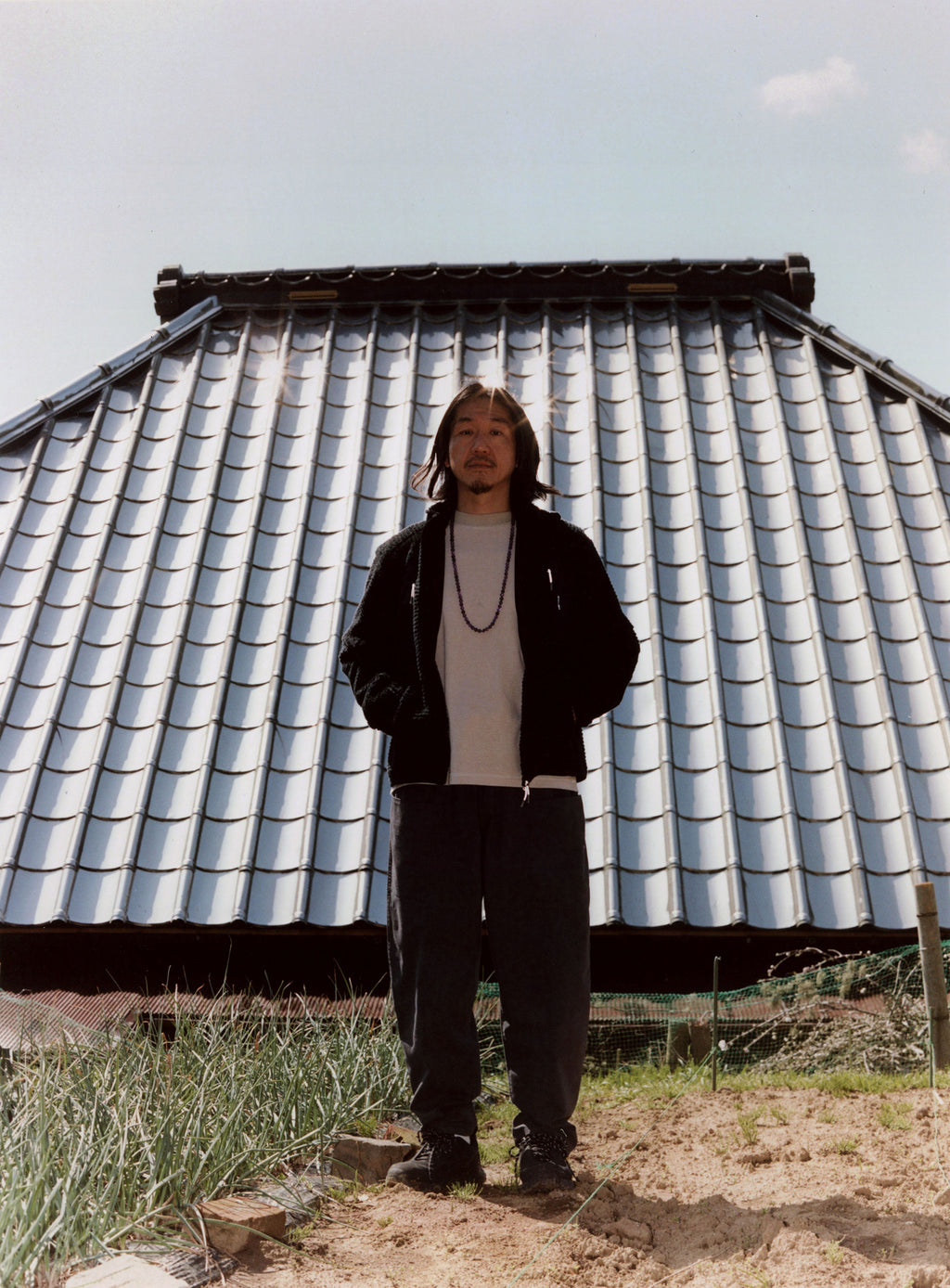
Kishuann was founded in May 2023 by Tomohiro Kaji. Located in the region of Isumi, Kishuann acts as a bridge for him and his family to stay connected to the landscape and their history, which has been intertwined for 200 years.
Kishuann serves an all local menu of caught game, milk based products, rice, organic sake and seasonal vegetables. Their aim is to support local production by introducing guests to the uniquely local cuisine and flavours, and the interdependence of local farmers that create it. This is further reflected through the curation of the ingredients paired during a seating.
Kishuann, loosely meaning ‘A ship of all seasons,’ emphasises a coexistence with nature by connecting mountain, ocean, field and people. Kishuann has a central concept of gaining a deep experience of the area through taste. Kishunann aims to protect and preserve the local environment of Isumi by serving local gastronomy.
Habitat
This auberge, located not far from Tokyo, was owned by Tomohiro’s grandparents and has been passed down the family line since the Edo period. After his grandparents passed away, the house had begun to fall into disrepair, compelling Tomohiro and his family to return to give it new life and meaning. While undertaking repairs Tomohiro wanted to preserve the value of the 200 year old traditional house. Rather than replacing everything, he focused on rejuvenating the parts which had become physically unstable to preserve the essence of the building. Characteristic of Japanese lighting, emphasis is placed on areas of darkness promoting restful and calm stillness within the house.
Producers
Each ingredient used in Kishuann has a story. The producers of the region rely on traditional ways for their sources and their craft, even when augmented with contemporary techniques. The locally centred and circular interaction between producers and Kishuann creates results unique to Isumi. The local landscape and interctions are reflected in the in the cuisine.
Farmers
Kishuann aims to support and promote local production through local introduction in the Isumi area. In order to select the ingredients they use, they meet directly with the producers. Purchases are made on site after confirming ‘with your eyes and tongue’ the quality of the ingredients and how they speak to the environment where they were cultivated.
Circularity
The concept of the restaurant is to experience deep Isumi, by connecting visitors to the mountains, ocean, fields and people through taste. Resources are regionally circulated. Food waste, manure and seaweed caught in local fishing nets is used to fertilize the vegetable fields. Sake lees, waste from producing sake, is taken to the dairy cattle as feed, which in turn affects the taste of the milk, producing a product unique to the area.
